- Find an Eye Doctor
- Patients & Visitors
- Medical Services
- Eye Emergency Department
- Subspecialty Services
- Contact Lenses
- Diagnostic Testing Center
- LASIK – Laser Vision Correction
- Low Vision
- Optical Shop
- Strabismus Center
- Wills Eye Surgical Network
- Medical Education
- Vickie and Jack Farber Vision Research Center
- Giving
Wills Eye Residency Program



Wills Eye has one of the largest and foremost residency programs in the United States. The Wills Eye faculty, uniquely comprised of both full-time academic track and part-time private practitioners who are renowned clinician-scientists and educators, all contribute to ensuring your mastery of skills and competencies needed to build a future in any subspecialty of ophthalmology. Our esprit-de-corps culture encourages professional curiosity, inspires new ideas, and supports personal growth, career development, collaboration, and life-long learning.
Our diverse patient population and extensive referral networks around the world provide trainees with the experience and knowledge to treat not only routine, but also rare and complex diseases of the eye.
Our global initiatives, such as the Wills International Resident Experience (WIRE), enable trainees to acquire knowledge and skill across physical, cultural, and national boundaries as we strive to prevent blindness worldwide.
After graduation, the Wills Eye Alumni Society promotes activities and networking opportunities to connect alumni through conferences, social events, newsletters, and more.
Wills Eye Hospital provides outstanding clinical training, individualized career mentoring, and an academic environment that fosters innovation, collaboration, and discovery. Our pillars of clinical care, education, and research have made us a global leader in ophthalmology.

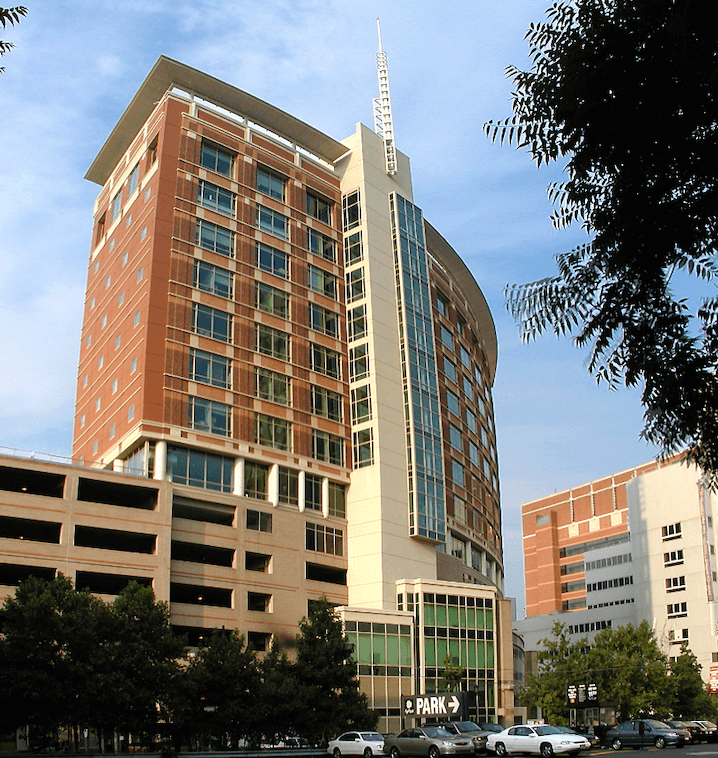
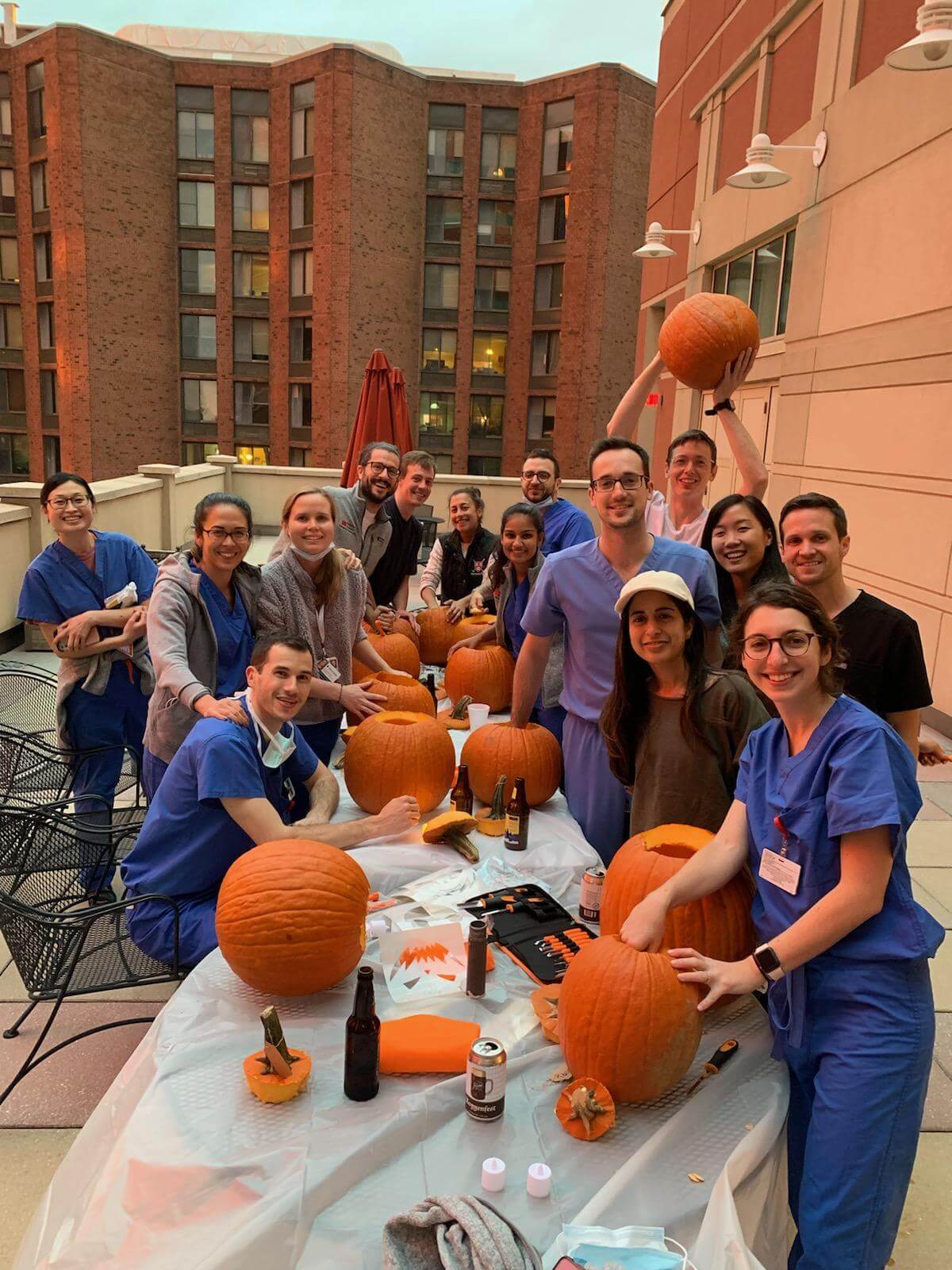
Cras nunc erat, egestas ac fermentum vel, ultrices eu velit. Suspendisse nec augue mollis, tincidunt magna eu, malesuada.







Suspendisse nec neque nec quam dictum scelerisque et eu quam. Proin interdum vestibulum urna eleifend feugiat.







Cras nunc erat, egestas ac fermentum vel, ultrices eu velit. Suspendisse nec augue mollis, tincidunt magna eu, malesuada.







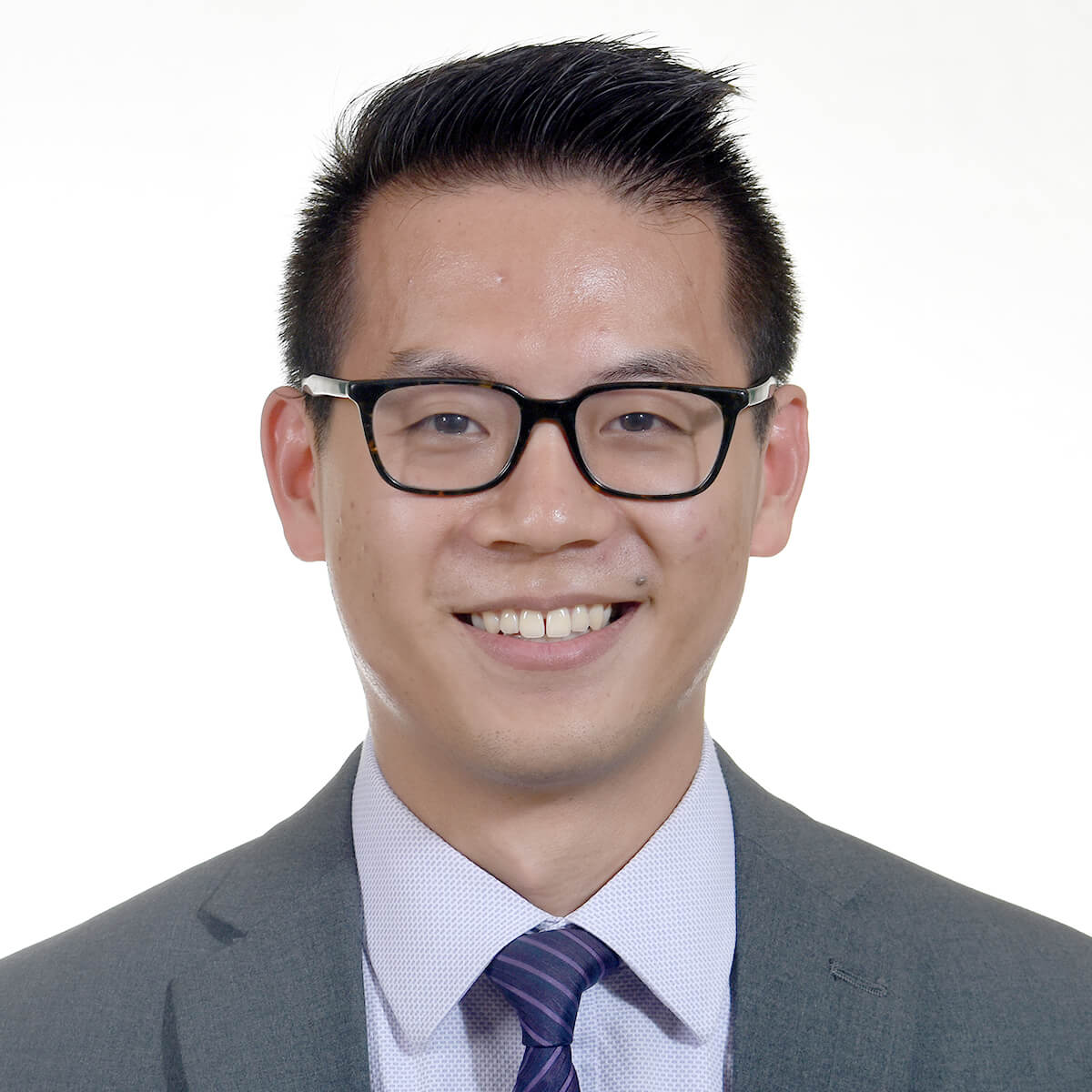
Medical School: Northwestern University Feinberg School of Medicine, Chicago, IL
Internship: Thomas Jefferson University Hospital
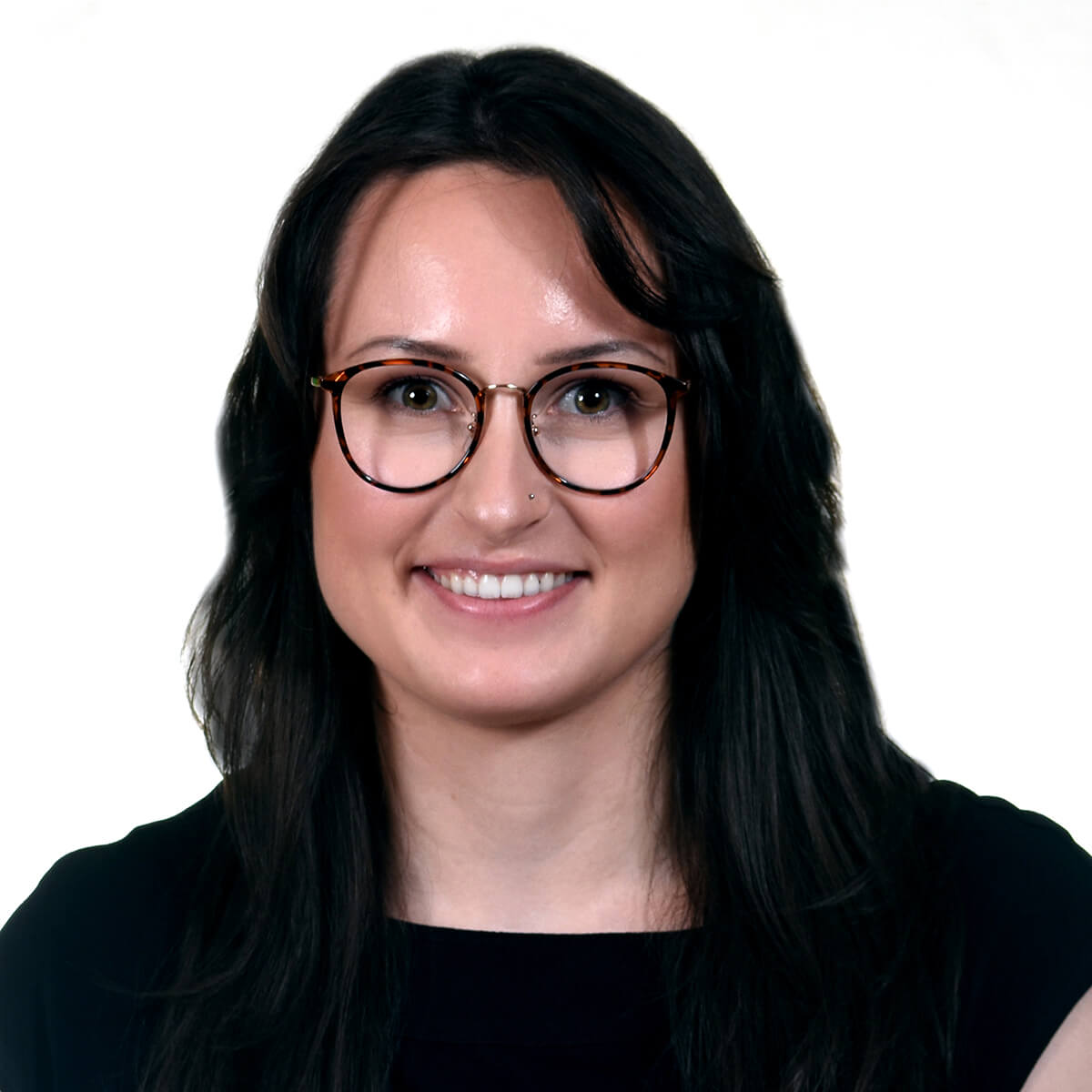
Medical School: University of Rochester, Rochester, NY
Internship: Thomas Jefferson University Hospital
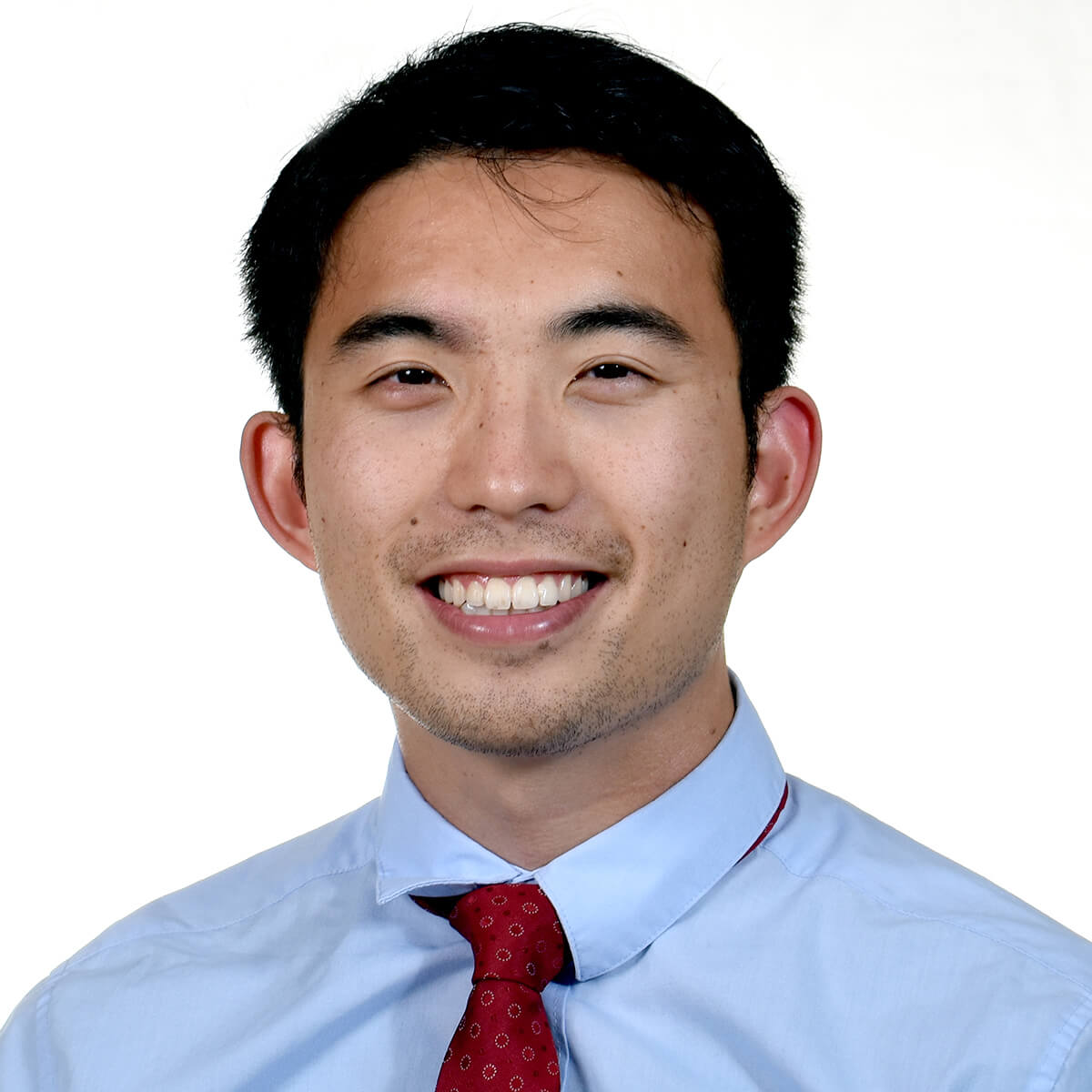
Medical School: Stanford University School of Medicine, Palo Alto, CA
Internship: Thomas Jefferson University Hospital, Philadelphia, PA

Medical School: University of Alabama at Birmingham, Birmingham, AL
Internship: Thomas Jefferson University Hospital, Philadelphia, PA
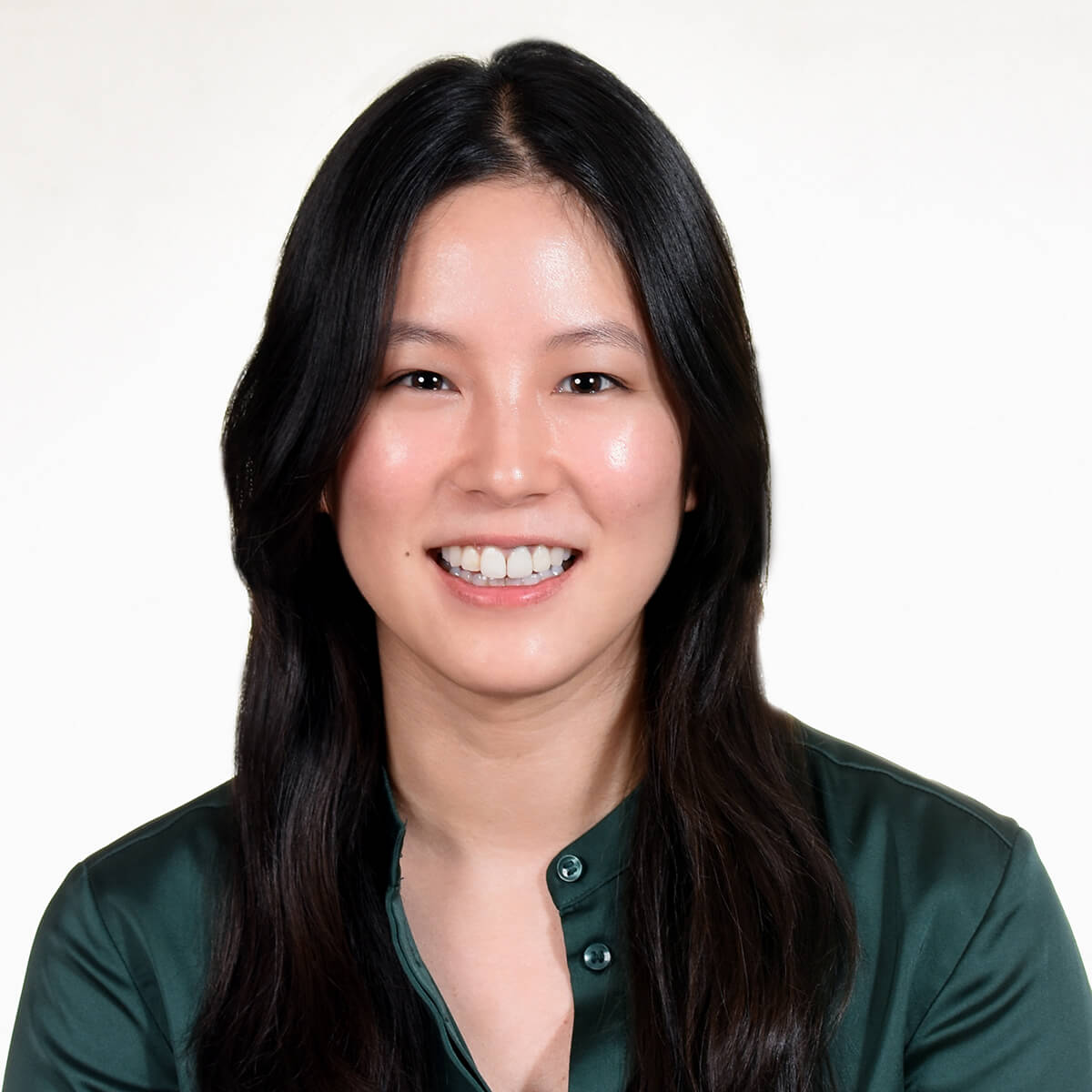
Medical School: Sidney Kimmel Medical College at Thomas Jefferson University, Philadelphia, PA
Internship: Thomas Jefferson University Hospital, Philadelphia, PA
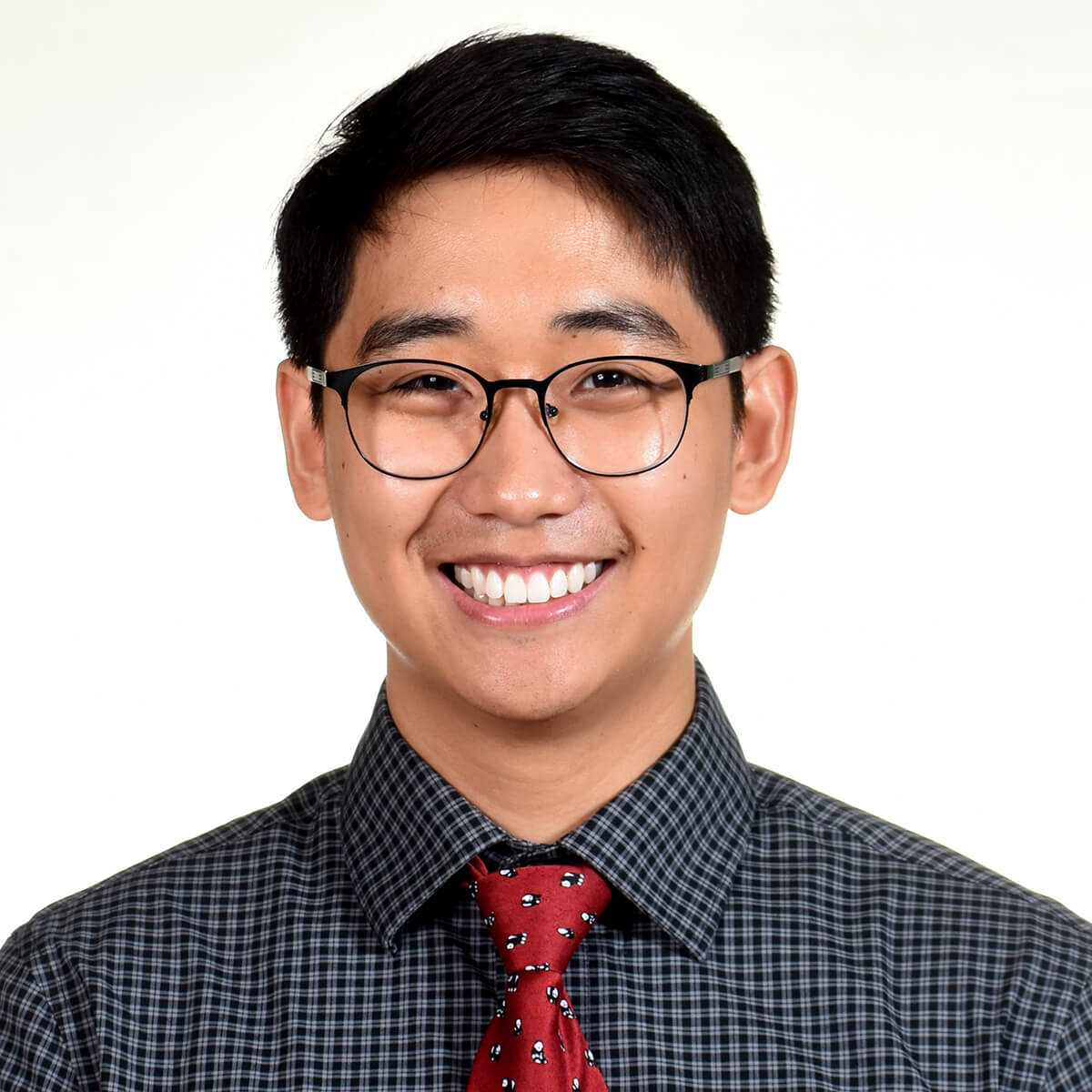
Medical School: Stanford University School of Medicine, Palo Alto, CA
Internship: Thomas Jefferson University Hospital, Philadelphia, PA

Medical School: Johns Hopkins University School of Medicine, Baltimore, MD
Internship: Thomas Jefferson University Hospital, Philadelphia, PA

Medical School: Sidney Kimmel Medical College at Thomas Jefferson University, Philadelphia, PA
Internship: Thomas Jefferson University Hospital, Philadelphia, PA
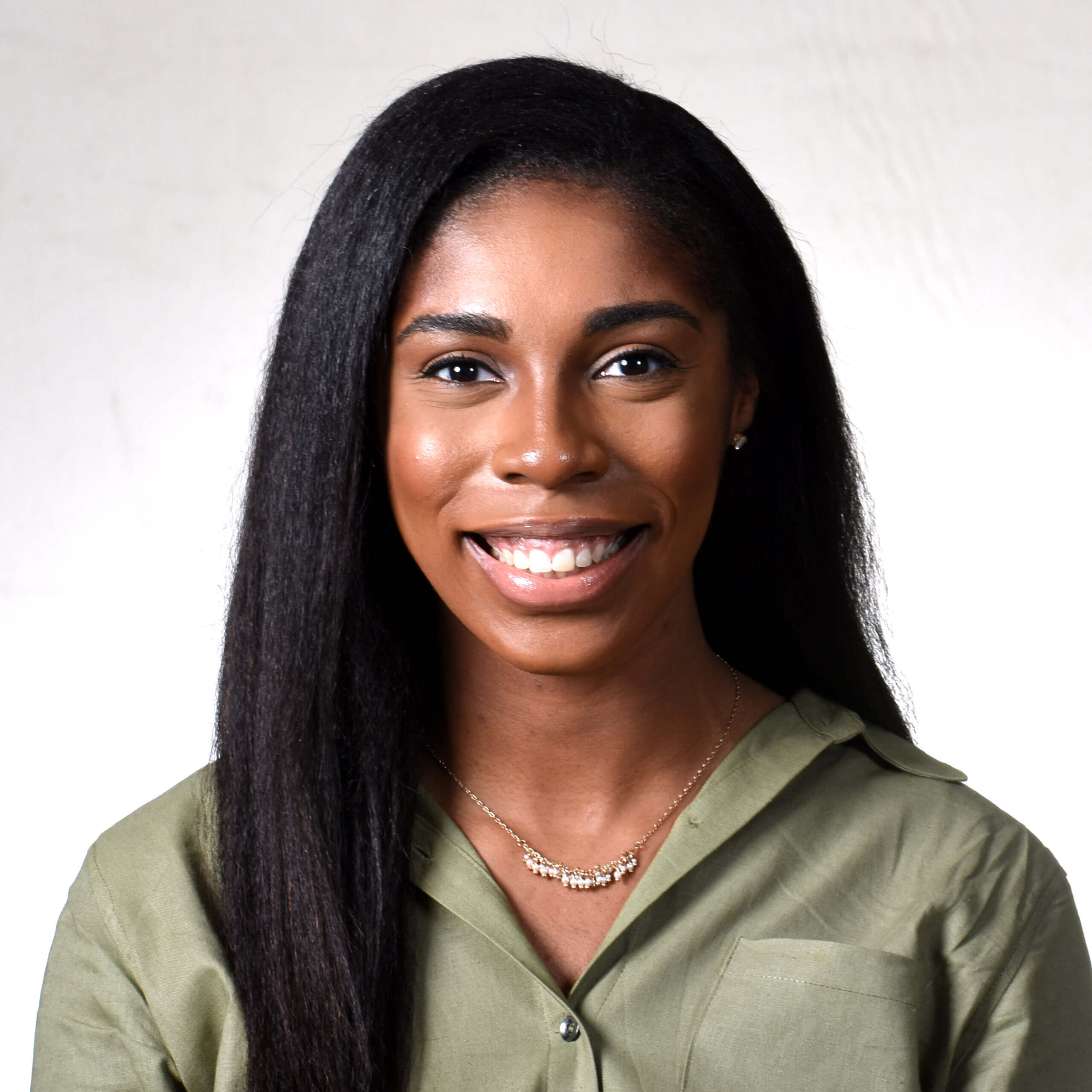
Medical School: Johns Hopkins University School of Medicine
Internship: Thomas Jefferson University Hospital
Undergraduate: Harvard College
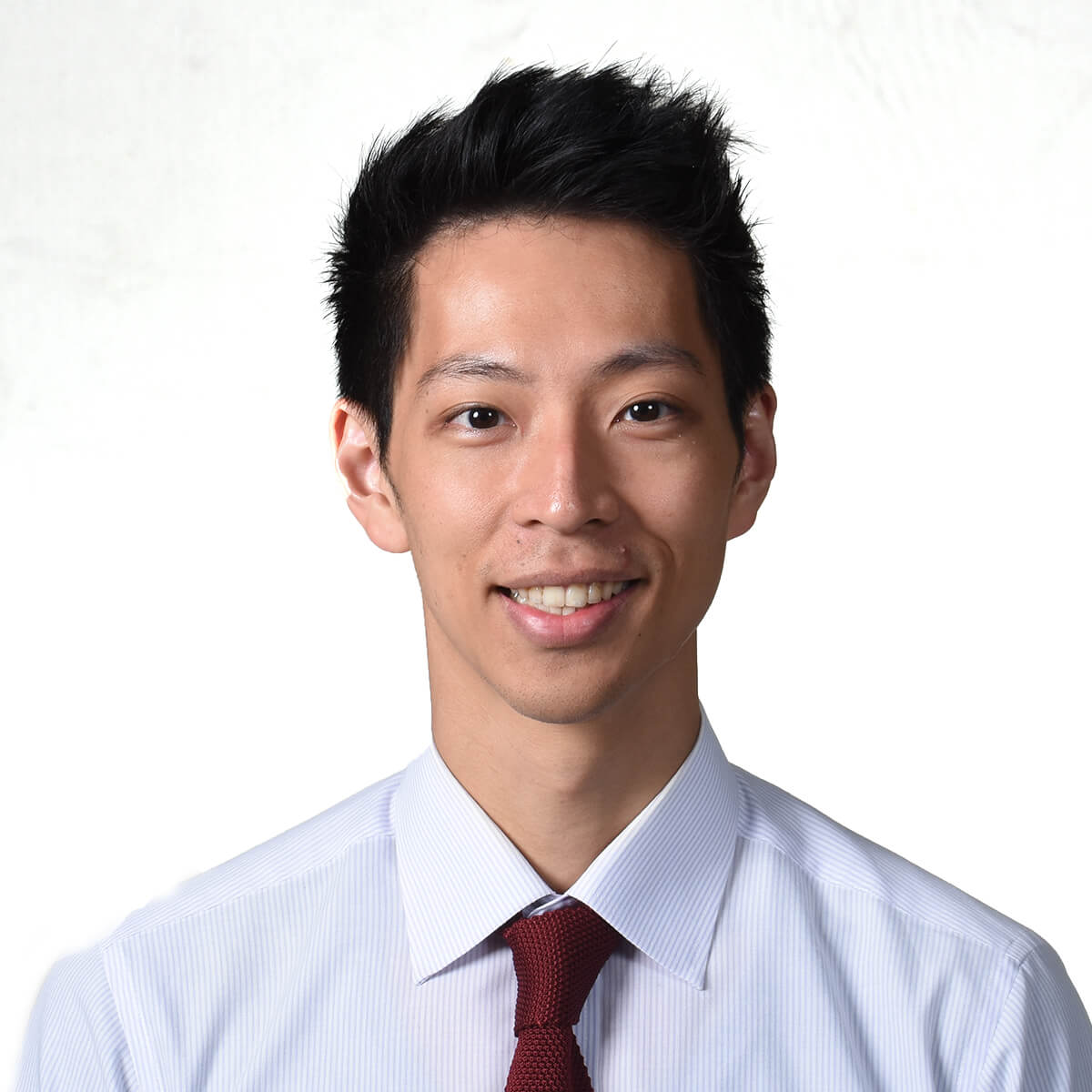
Medical School: Stanford University School of Medicine
Internship: Thomas Jefferson University Hospital
Undergraduate: Rice University
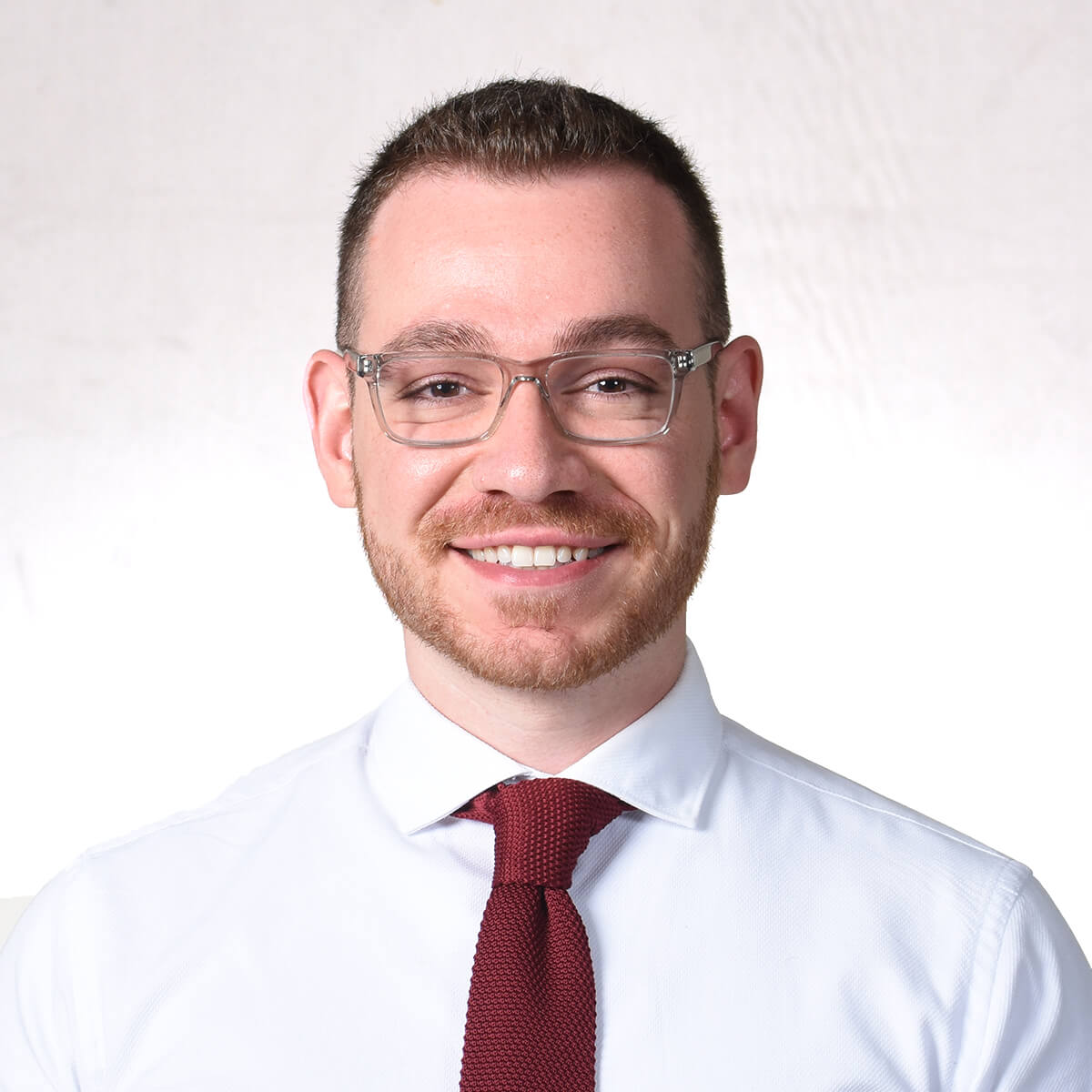
Medical School: Sidney Kimmel College of Medicine at Thomas Jefferson University
Internship: Thomas Jefferson University Hospital
Undergraduate: University of Western Ontario
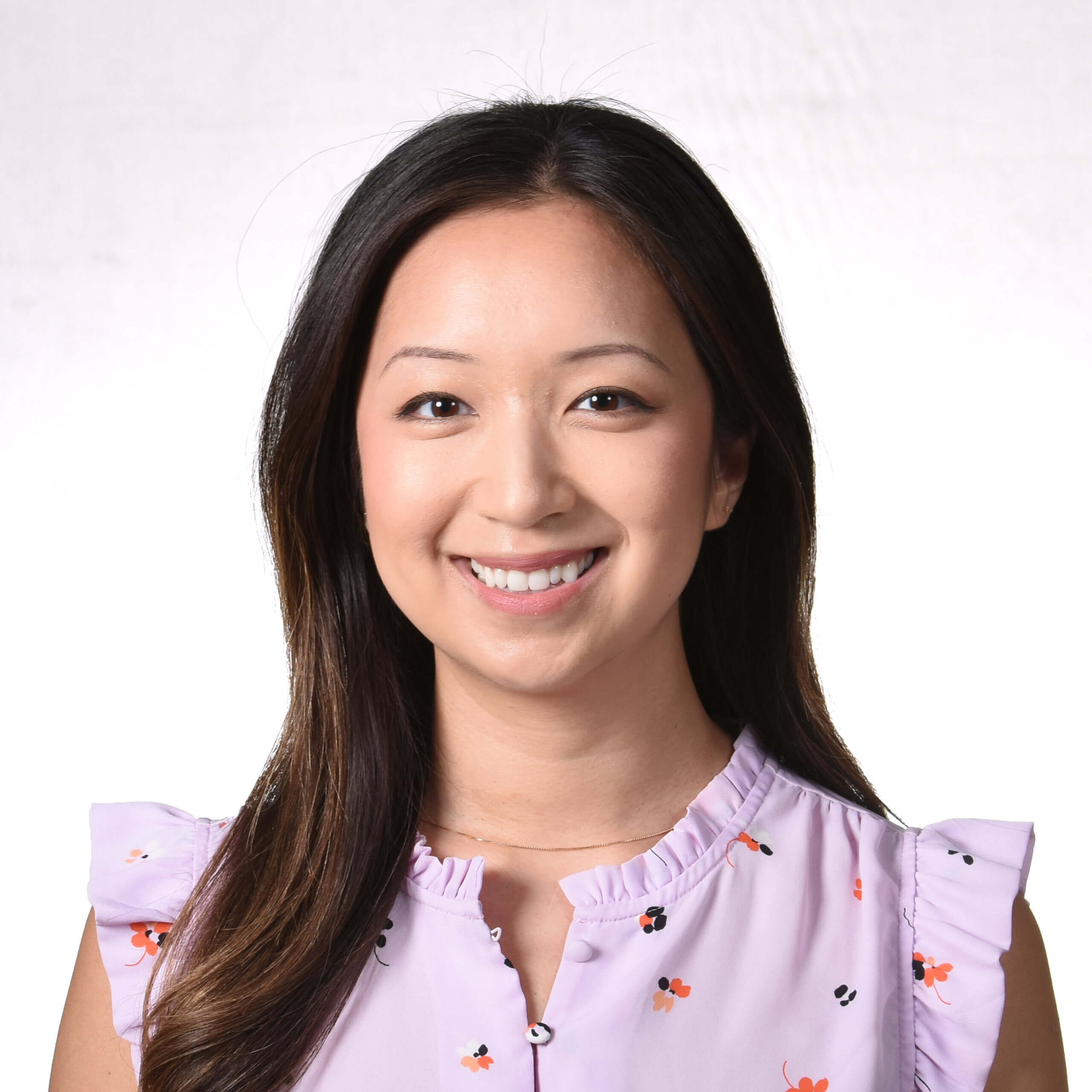
Medical School: Albert Einstein College of Medicine of Medicine
Internship: Thomas Jefferson University Hospital
Undergraduate: New York University
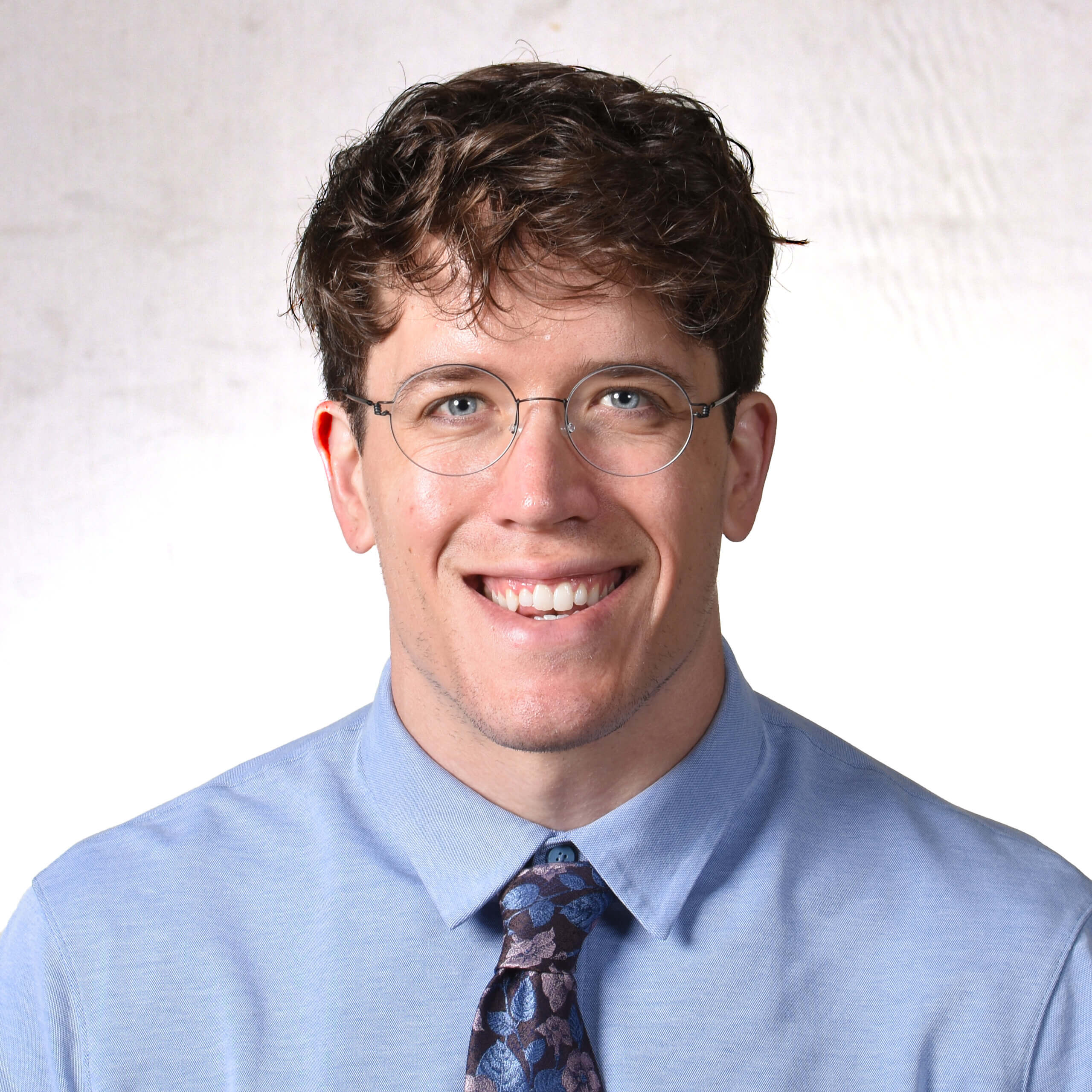
Medical School: University of Miami
Internship: Thomas Jefferson University Hospital
Undergraduate: University of South Florida
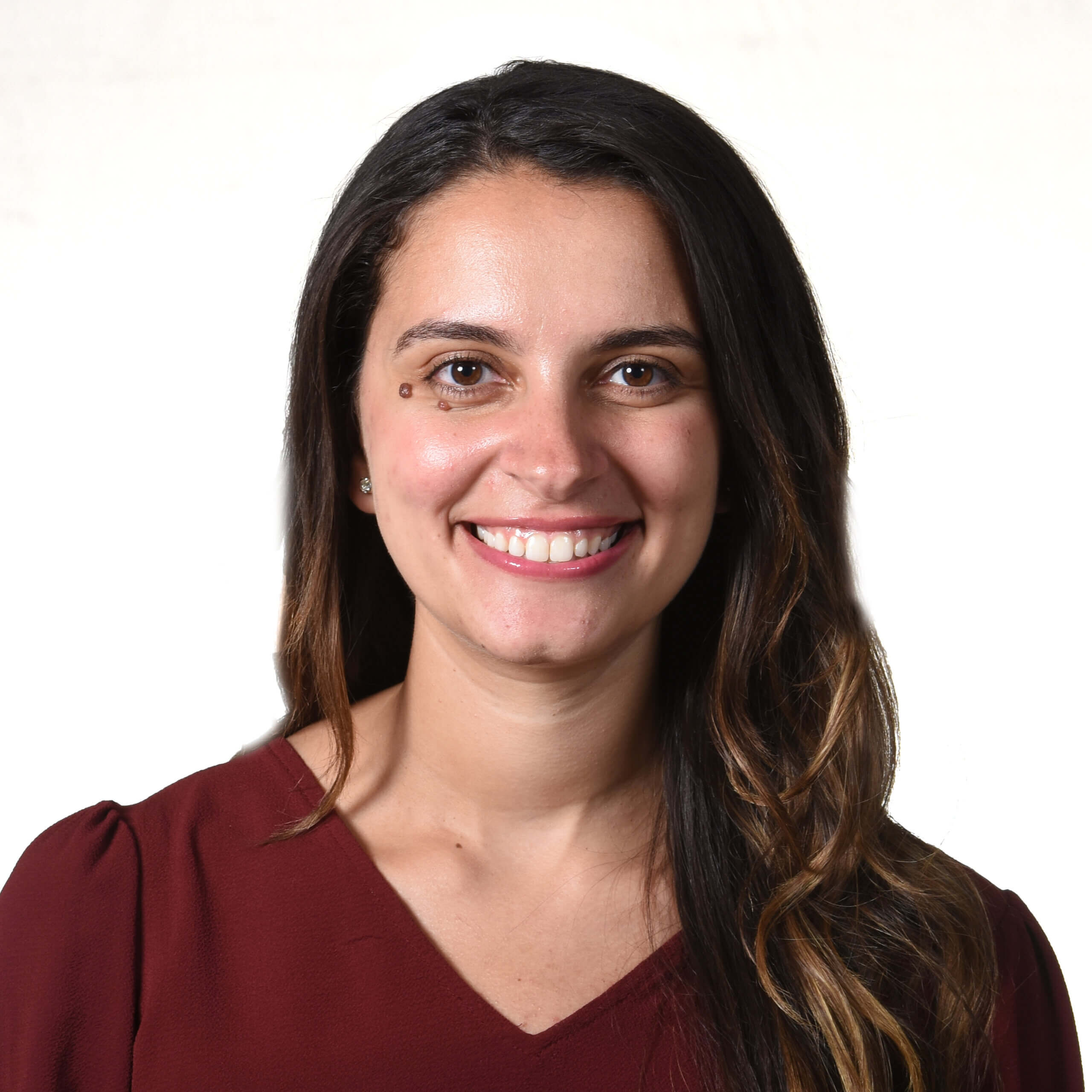
Medical School: Harvard University School of Medicine
Internship: Thomas Jefferson University Hospital
Undergraduate: University of Pennsylvania
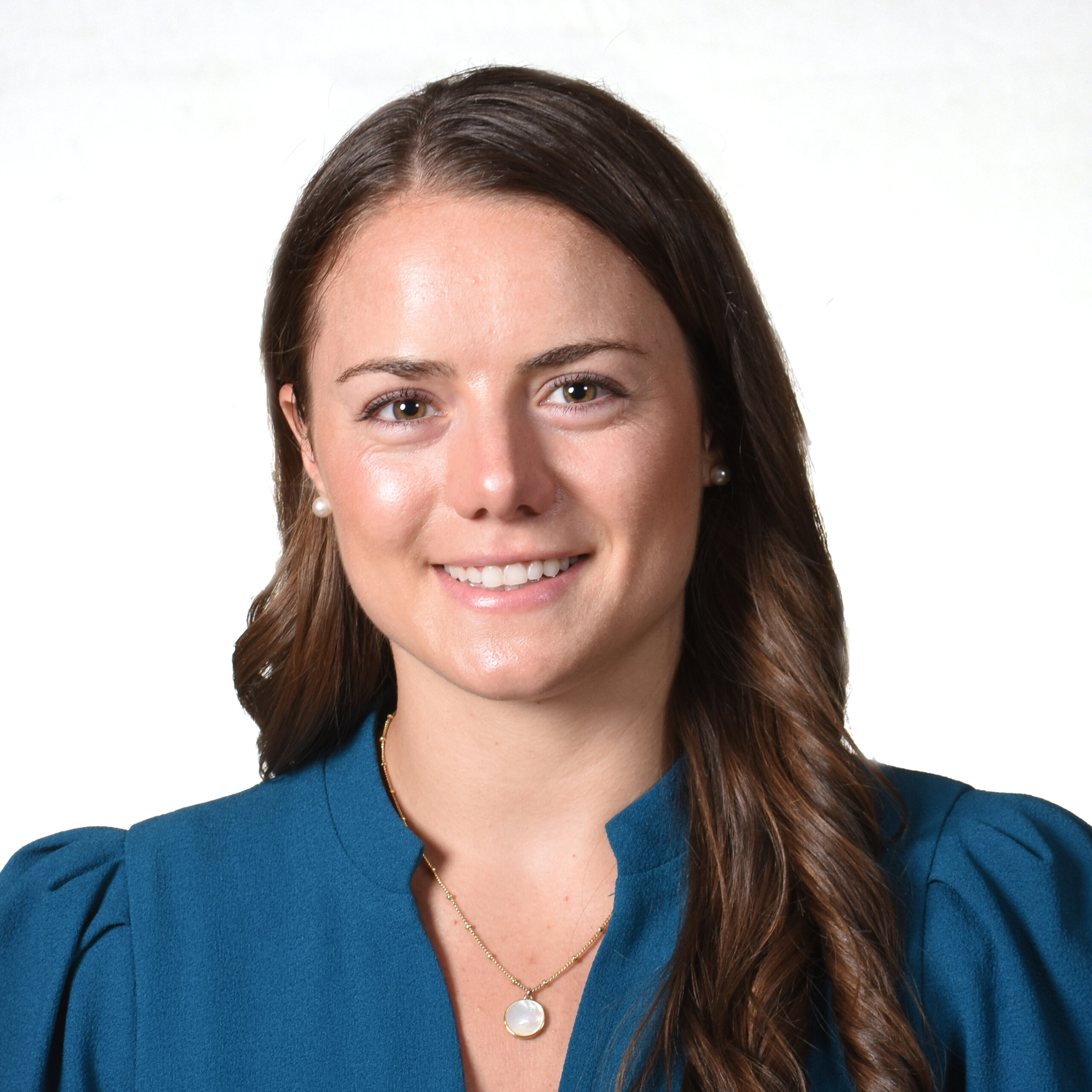
Medical School: Sidney Kimmel College of Medicine at Thomas Jefferson University
Internship: Thomas Jefferson University Hospital
Undergraduate: Tulane University
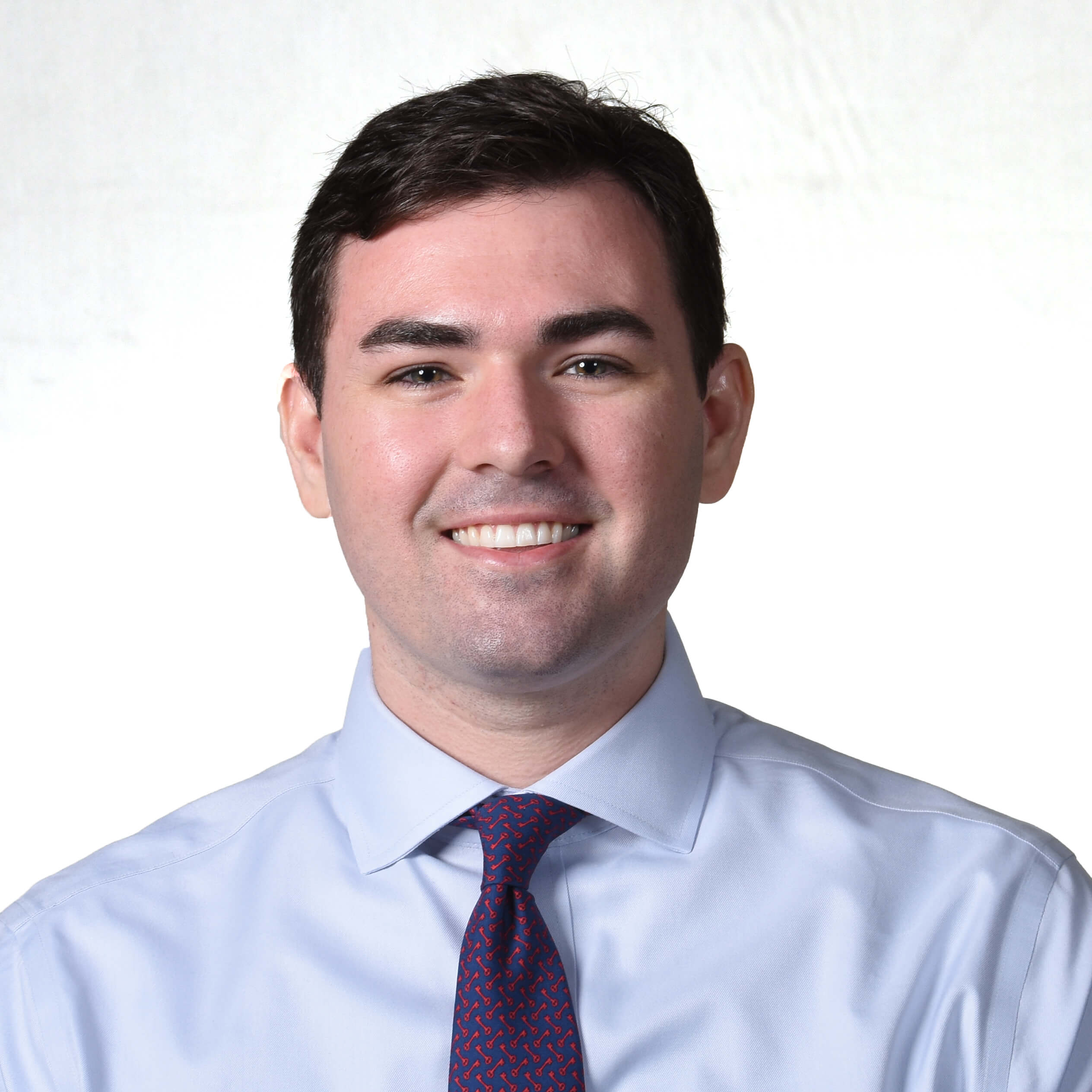
Medical School: Sidney Kimmel Medical College at Thomas Jefferson University
Internship: Thomas Jefferson University Hospital
Undergraduate: University of North Carolina at Chapel Hill; University of Pennsylvania

Medical School: University of Pennsylvania Perelman School of Medicine
Internship: Thomas Jefferson University Hospital
Undergraduate: Oakwood University
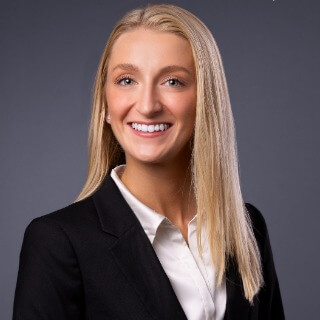
Medical School: University of Virginia School of Medicine
Internship: Thomas Jefferson University Hospital
Undergraduate: Penn State University

Medical School: Sidney Kimmel College of Medicine at Thomas Jefferson University
Internship: Thomas Jefferson University Hospital
Undergraduate: Wake Forest University
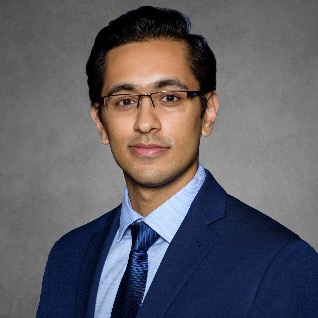
Medical School: Sidney Kimmel Medical College at Thomas Jefferson University
Internship: Thomas Jefferson University Hospital
Undergraduate: Temple University
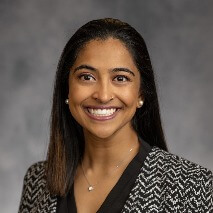
Medical School: University of Michigan Medical School
Internship: Thomas Jefferson University Hospital
Undergraduate: Wharton School at University of Pennsylvania

Medical School: University of Miami Miller School of Medicine
Internship: Thomas Jefferson University Hospital
Undergraduate: University of Central Florida
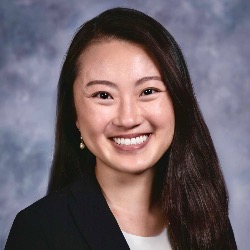
Medical School: Northwestern Feinberg School of Medicine
Internship: Thomas Jefferson University Hospital
Undergraduate: Princeton University
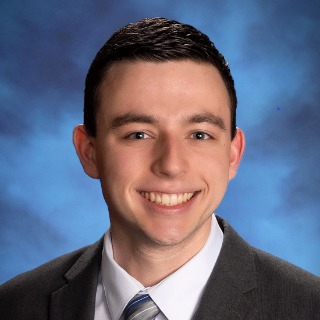
Medical School: Sidney Kimmel Medical College at Thomas Jefferson University
Internship: Thomas Jefferson University Hospital
Undergraduate: Penn State University
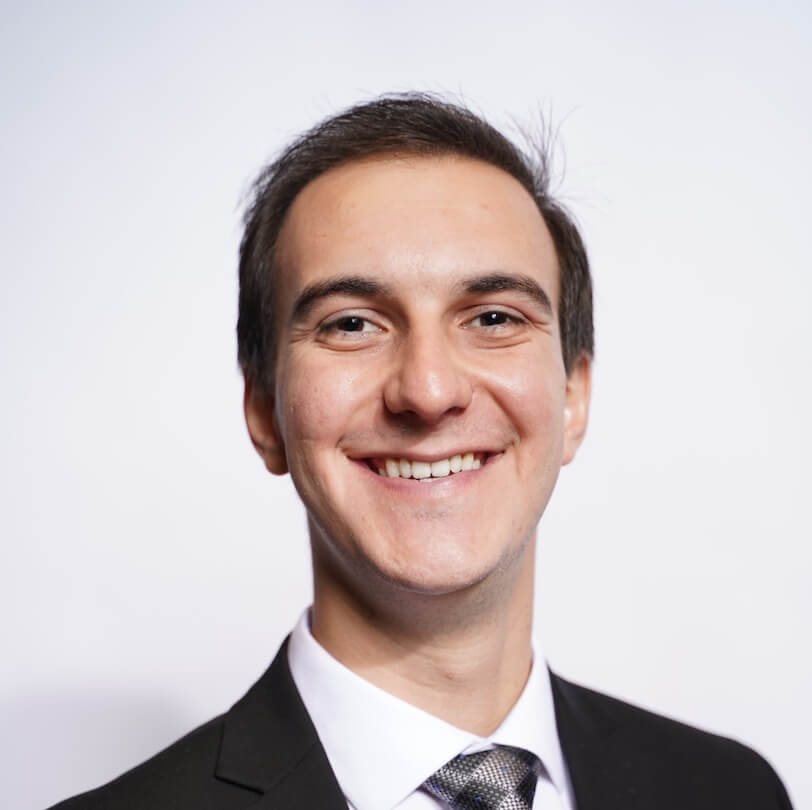
Medical School: Duke University School of Medicine
Undergraduate: Johns Hopkins University
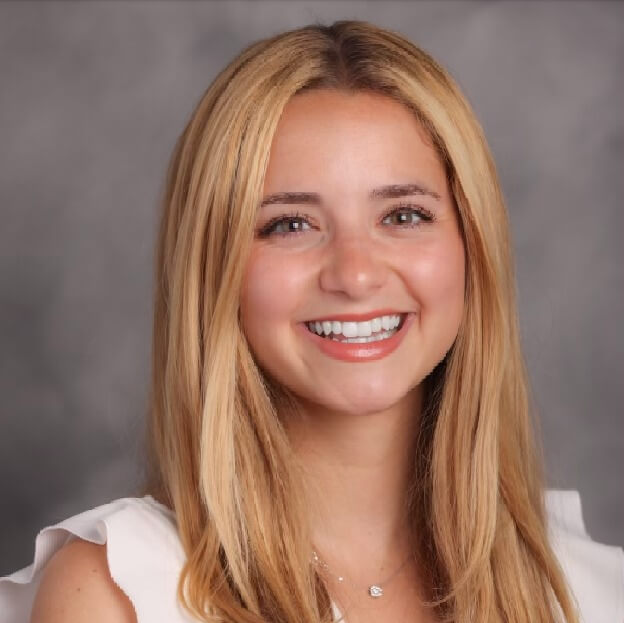
Medical School: Sidney Kimmel Medical Colleage at Thomas Jefferson University
Undergraduate: University of Virginia
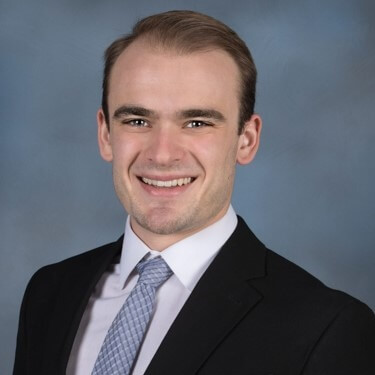
Medical School: UAB Heersink School of Medicine
Undergraduate: Auburn University
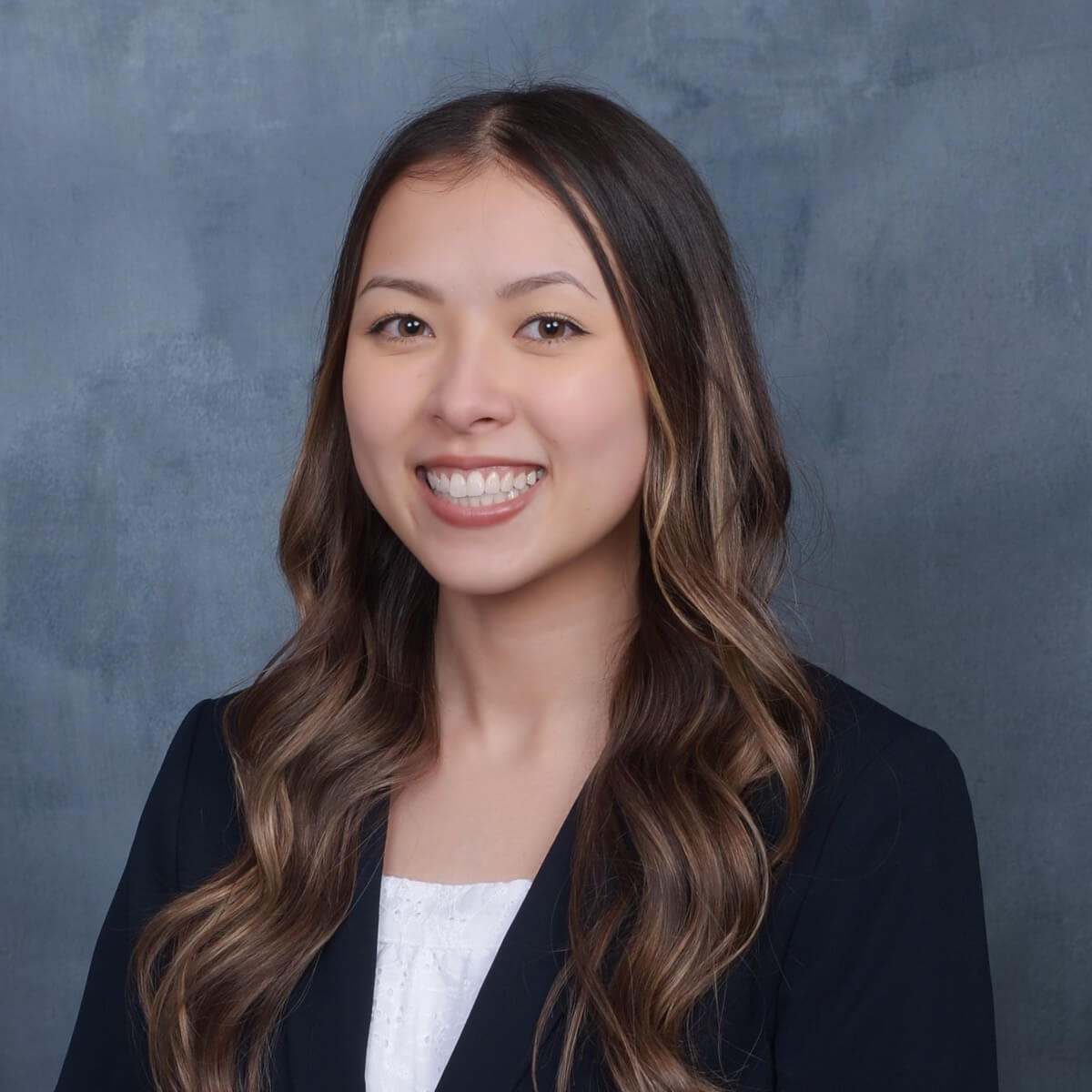
Medical School: Drexel University College of Medicine
Undergraduate: Penn State University
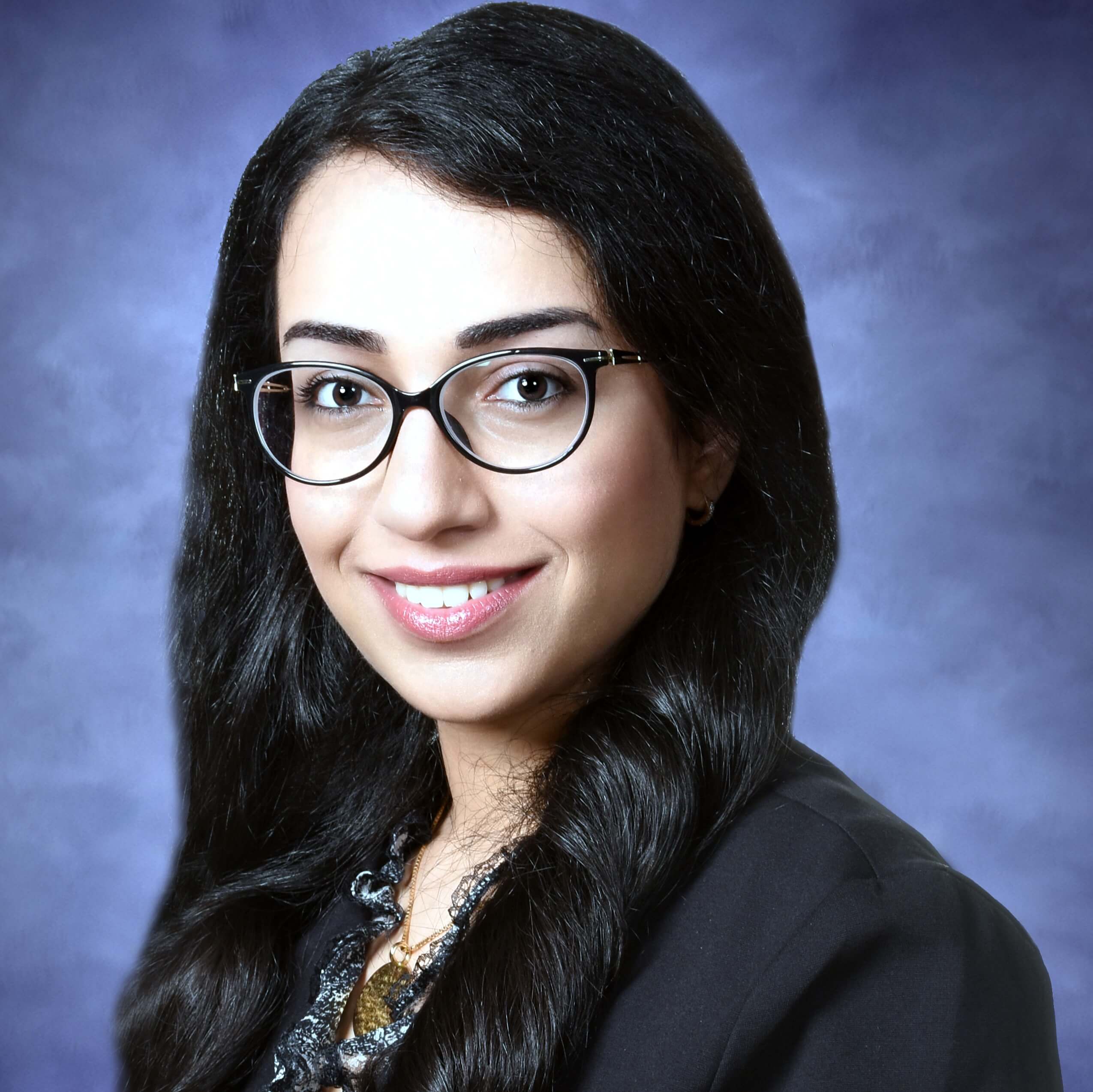
Medical School: Shiraz University of Medical Sciences School of Medicine
Undergraduate: Tehran University of Medical Sciences
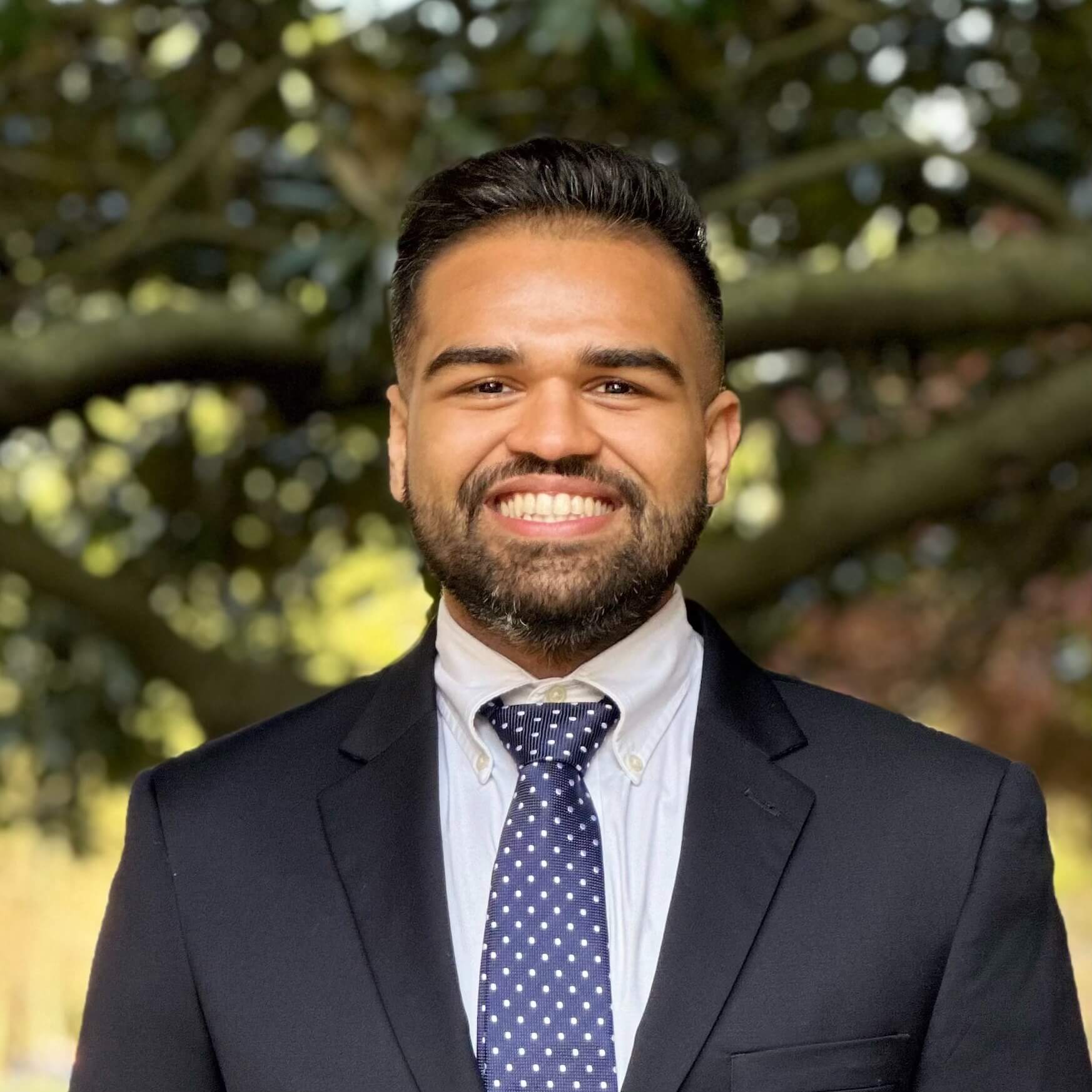
Medical School: Duke University School of Medicine
Undergraduate: Duke University
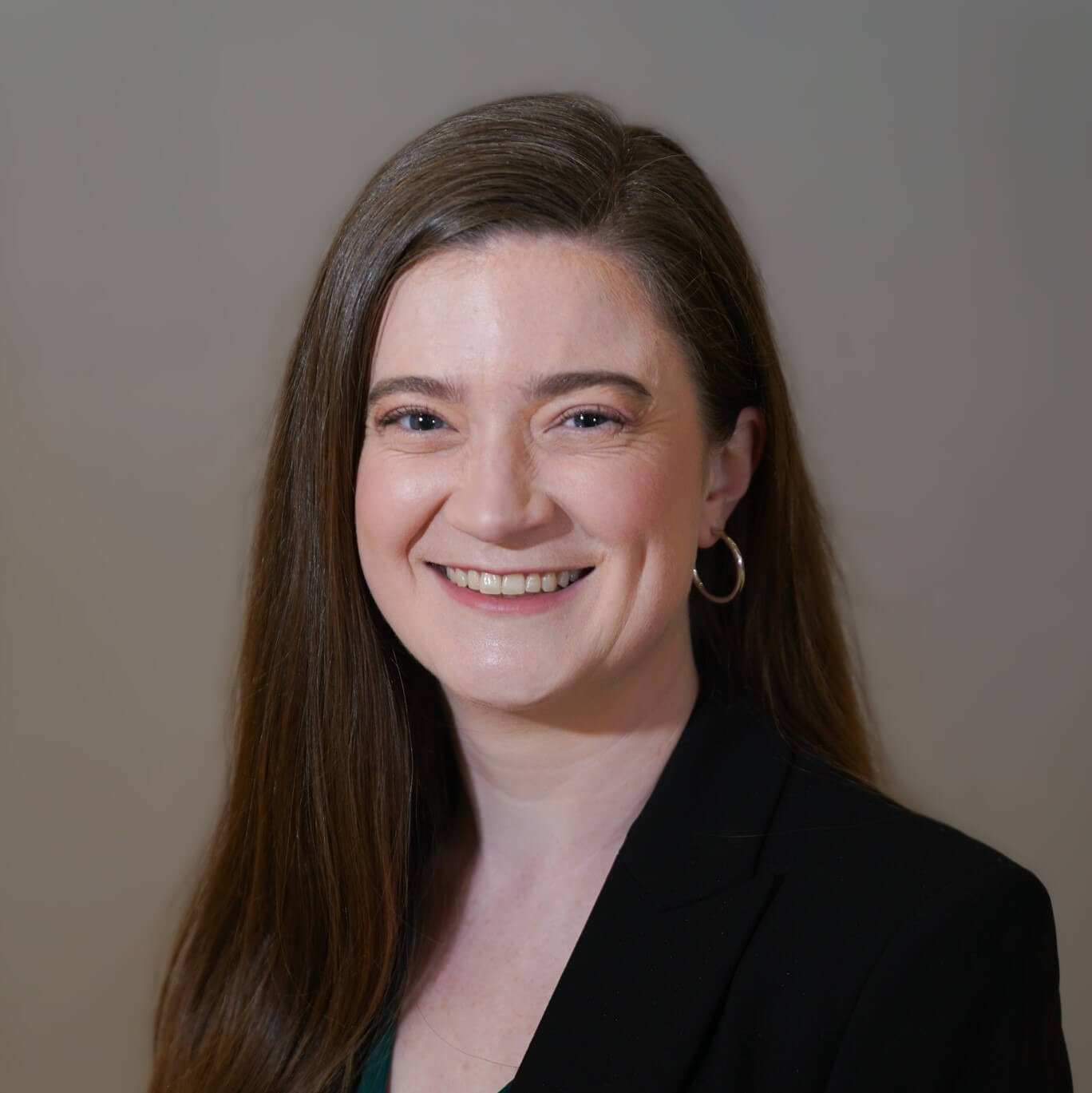
Medical School: Virginia Commonwealth University School of Medicine
Undergraduate: College of William and Mary
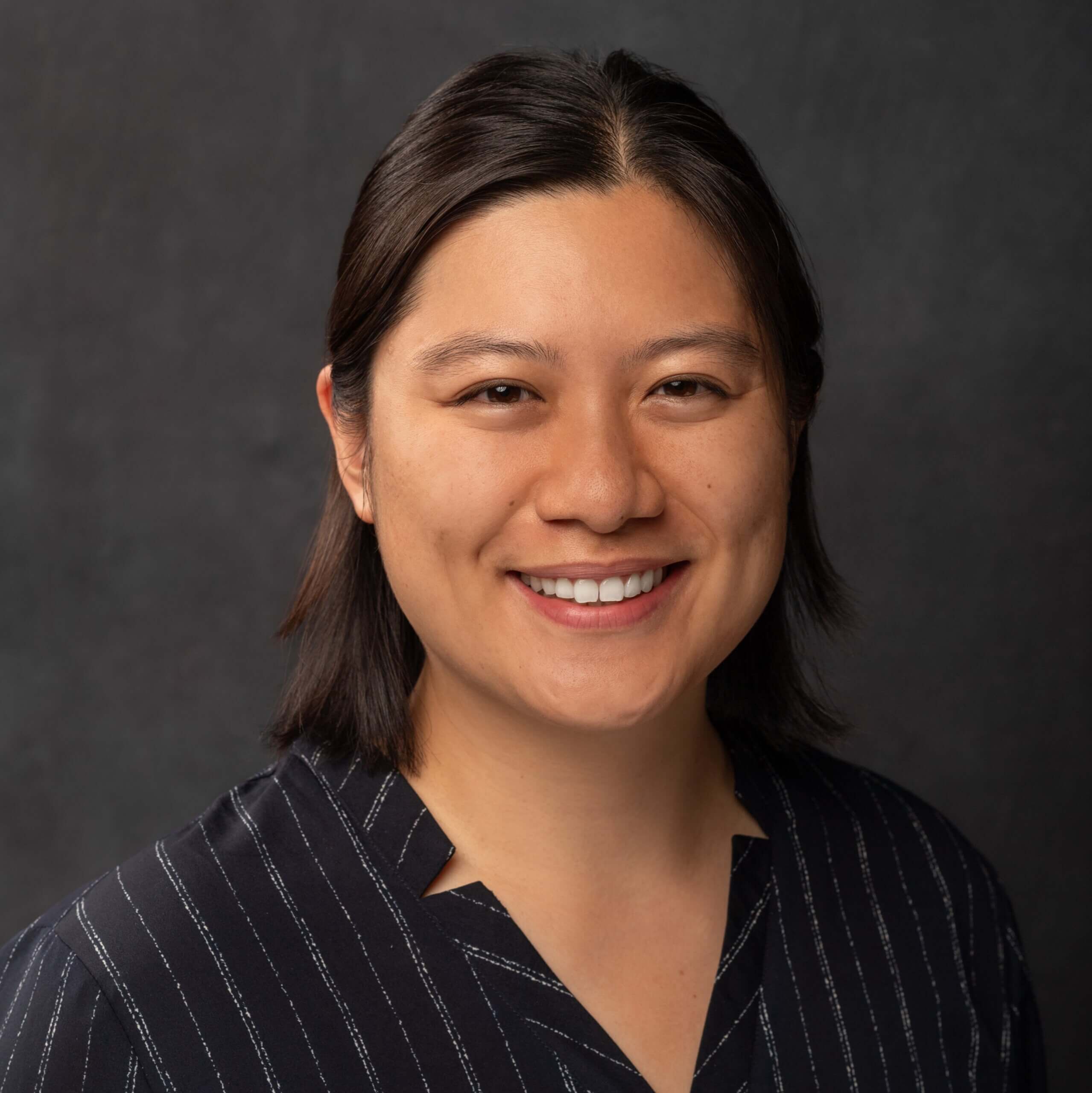
Medical School: Harvard Medical School
Undergraduate: Yale University
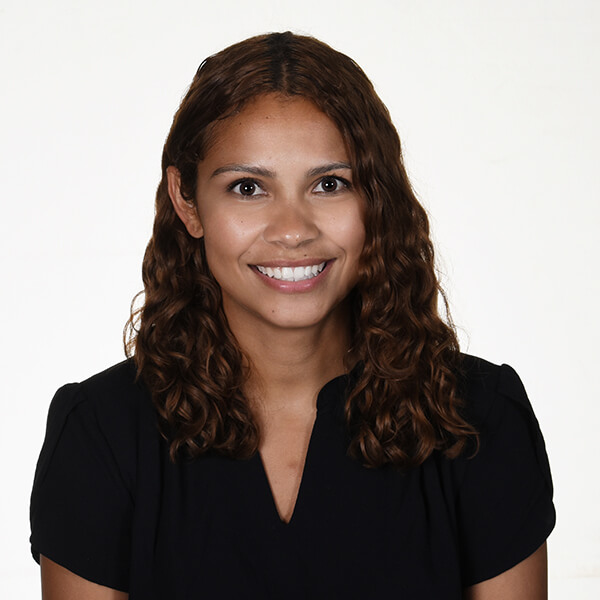
Medical School: Harvard Medical School
Internship: Thomas Jefferson University Hospital, Philadelphia, PA
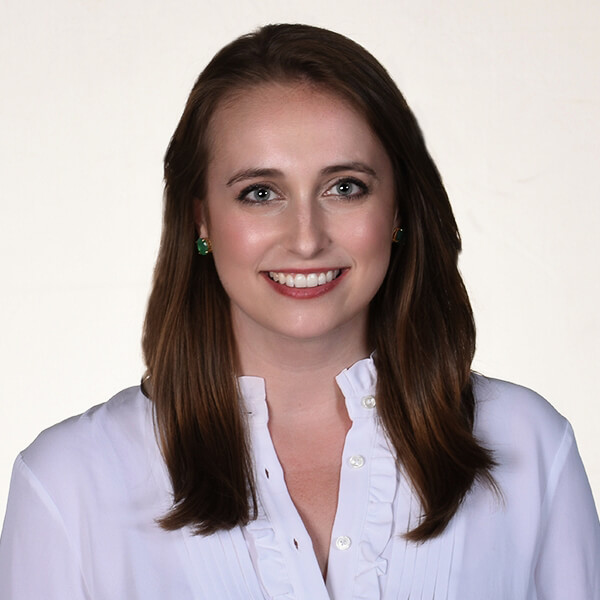
Medical School: Sidney Kimmel Medical College at Thomas Jefferson University, Philadelphia, PA
Internship: Thomas Jefferson University Hospital, Philadelphia, PA
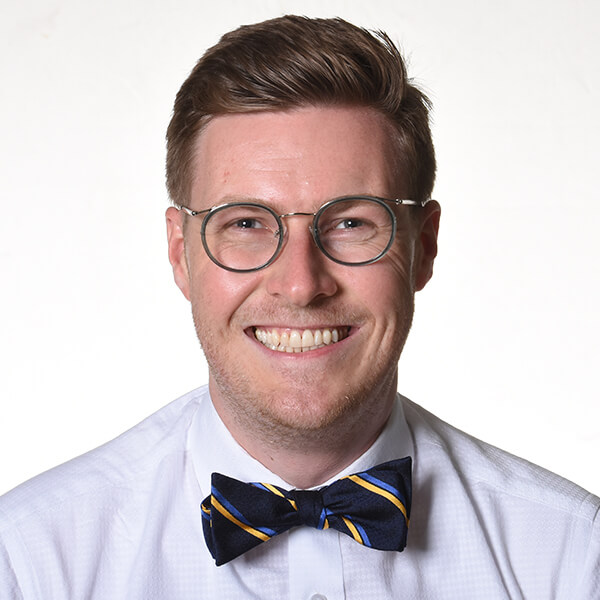
Medical School: Wayne State University School of Medicine, Detroit, MI
Internship: St. Mary Mercy Hospital, Livonia, MI
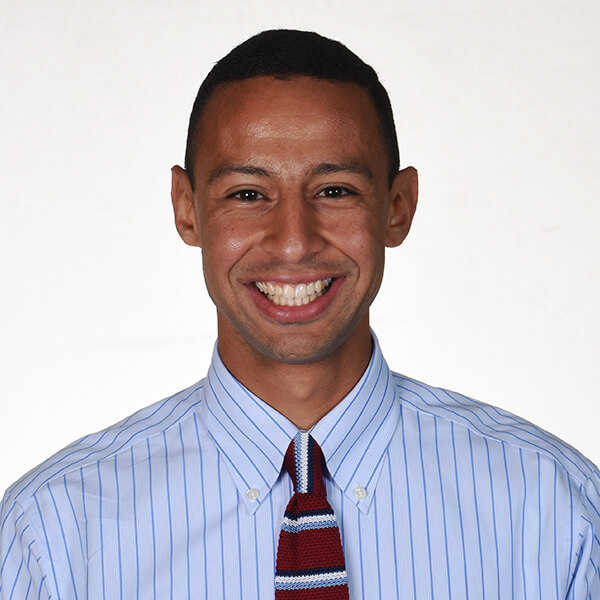
Medical School: Vanderbilt University School of Medicine, Nashville, TN
Internship: Thomas Jefferson University Hospital, Philadelphia, PA
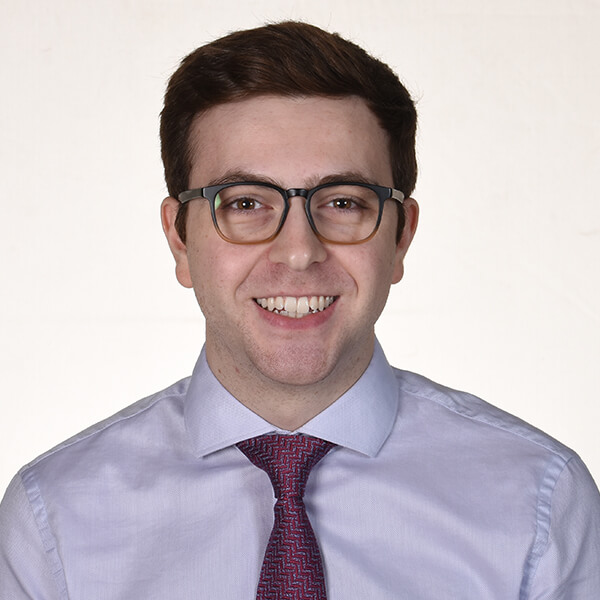
Medical School: Sidney Kimmel Medical College at Thomas Jefferson University, Philadelphia, PA
Internship: Thomas Jefferson University Hospital, Philadelphia, PA
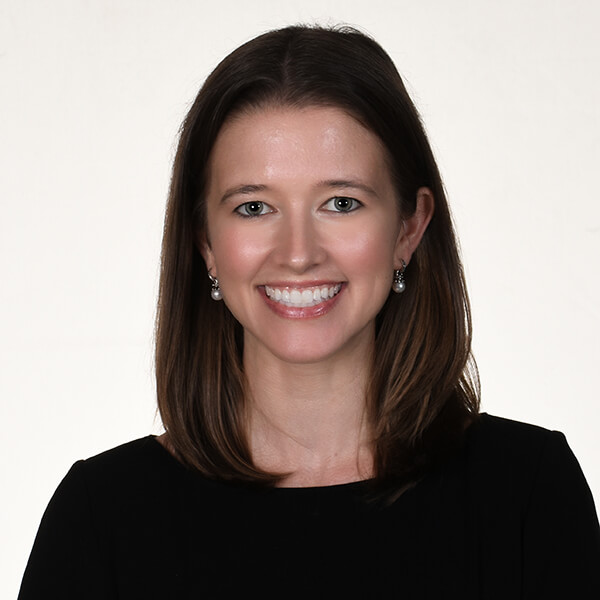
Medical School: Georgetown University School of Medicine, Washington, DC
Internship: Reading Hospital, Reading, PA
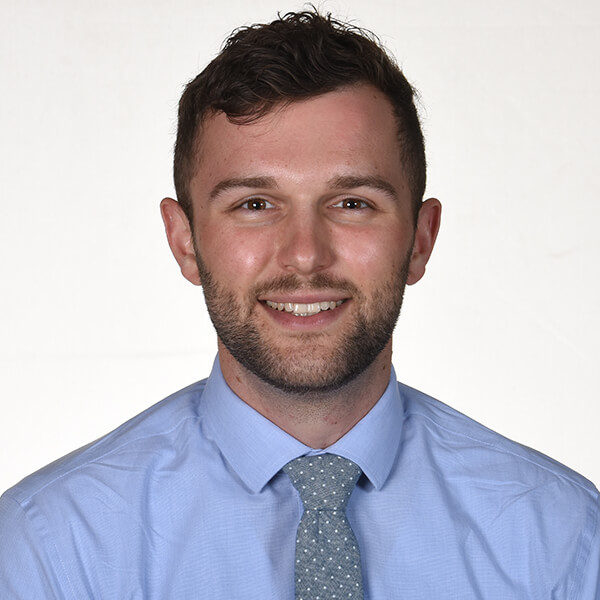
Medical School: Wayne State University School of Medicine, Detroit, MI
Internship: Thomas Jefferson University Hospital, Philadelphia, PA

Medical School: Stanford University School of Medicine, Standford, CA
Internship: Reading Hospital, Reading, PA

Medical School: Harvard Medical School
Internship: Pennsylvania Hospital
Undergraduate: Northeastern University
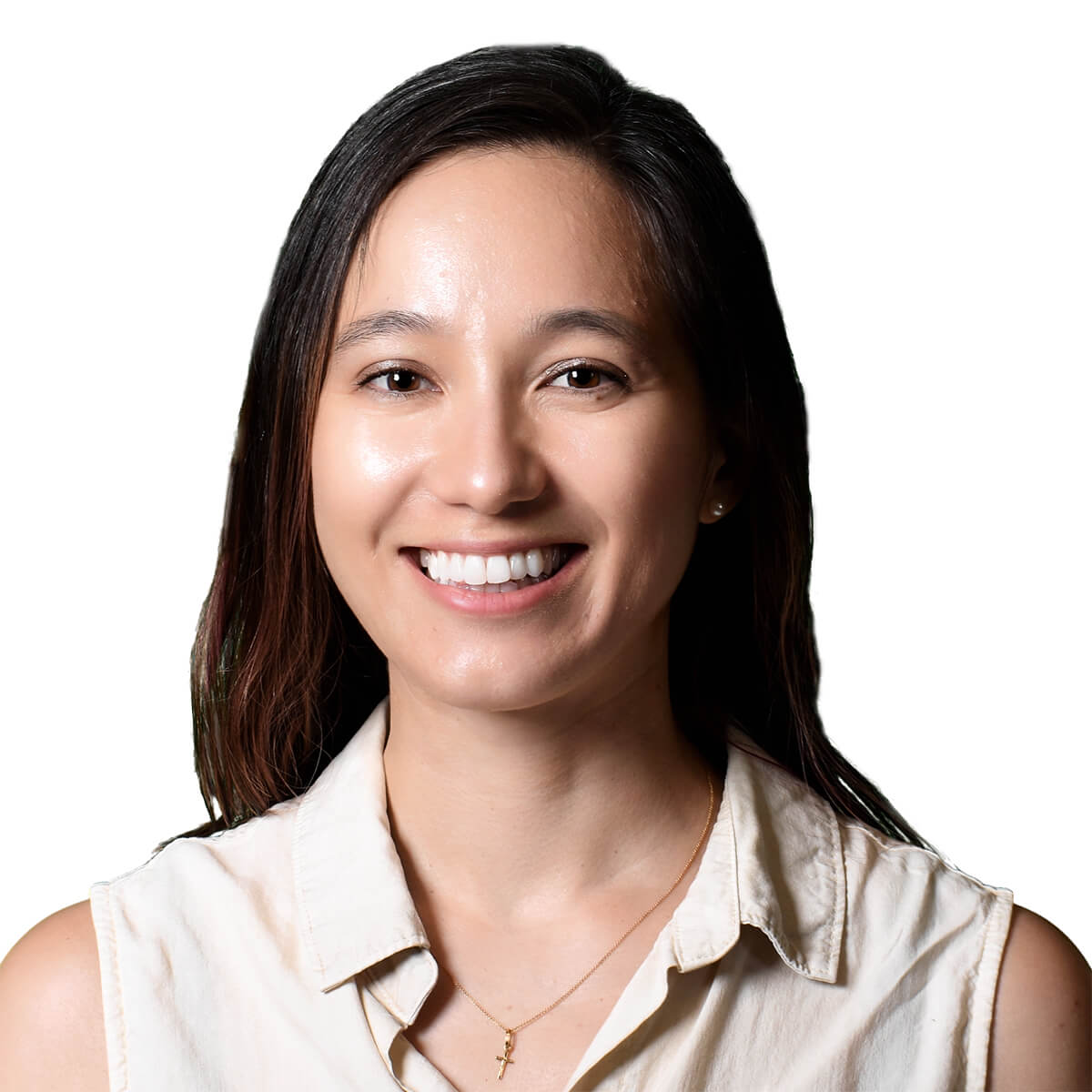
Medical School: Stanford University School of Medicine
Internship: Reading Hospital
Undergraduate: United States Naval Academy
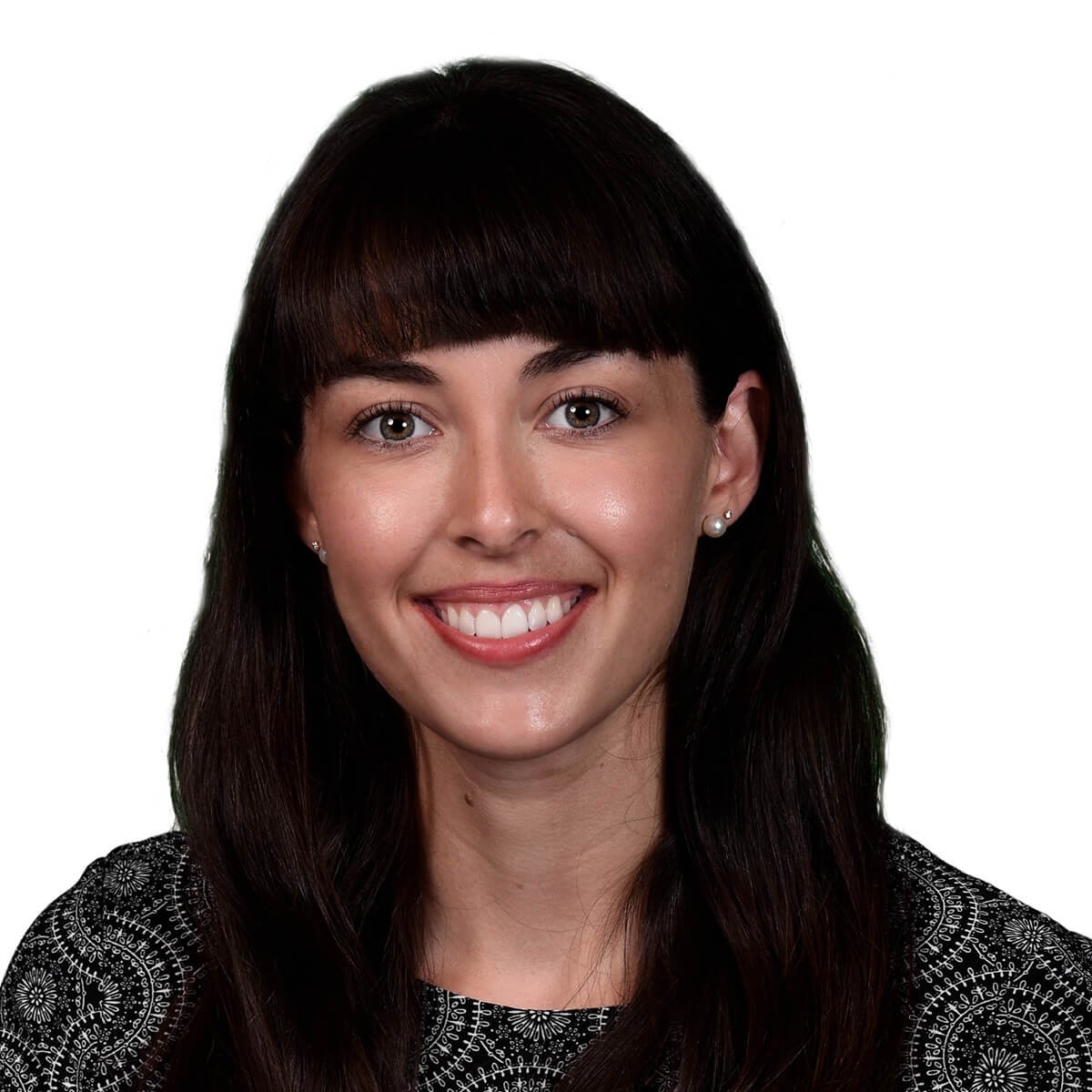
Medical School: Duke University School of Medicine
Internship: Pennsylvania Hospital
Undergraduate: Bucknell University
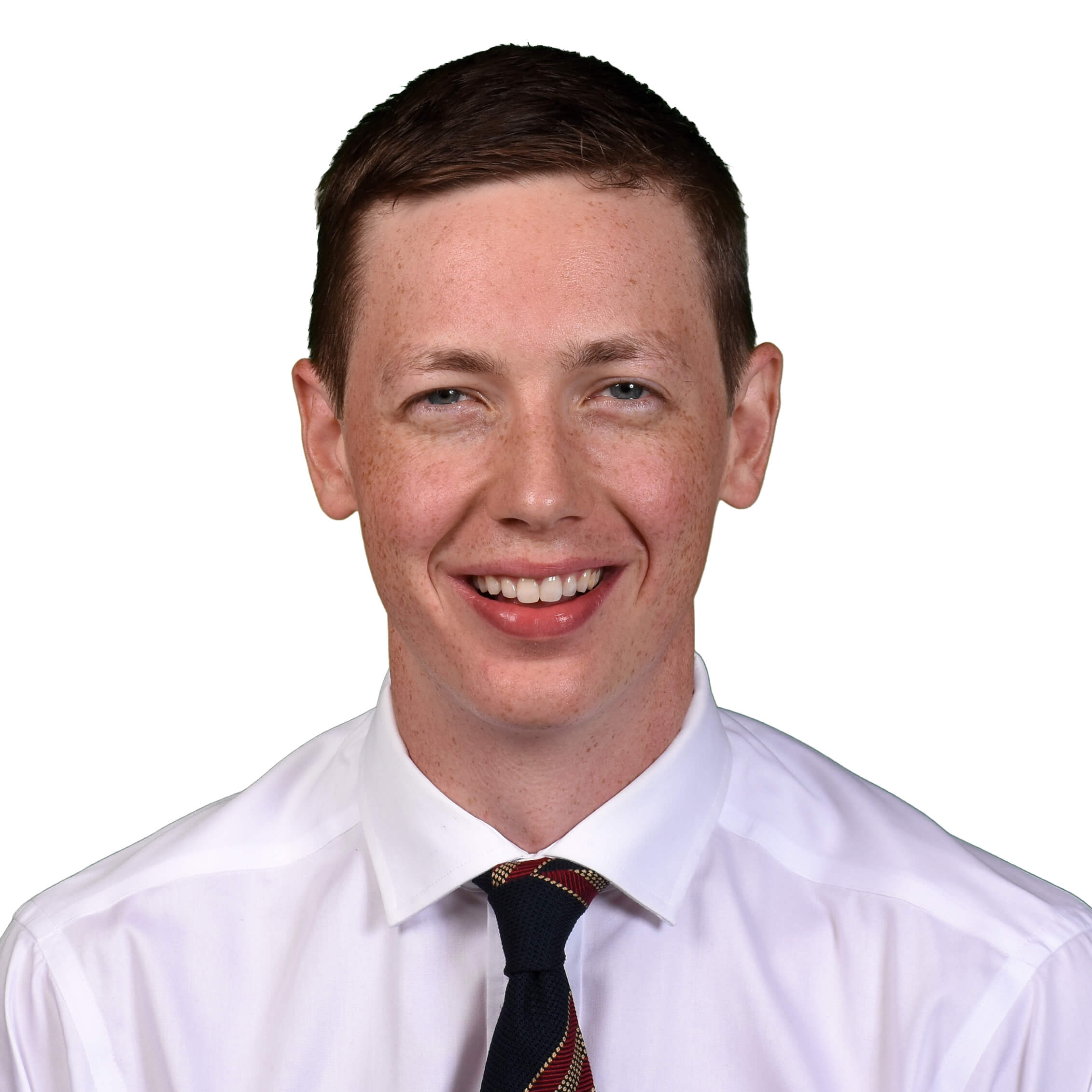
Medical School: University of Alabama School of Medicine
Internship: Mount Carmel Health System
Undergraduate: University of Alabama at Birmingham

Medical School: University of Pennsylvania Perelman School of Medicine
Internship: Pennsylvania Hospital
Undergraduate: University of Pennsylvania

Medical School: Icahn School of Medicine
Internship: Signature Healthcare/Brockton Hospital
Undergraduate: Johns Hopkins University

Medical School: Harvard School of Medicine
Internship: Lankenau Medical Center
Undergraduate: Dartmouth College

Medical School: Sidney Kimmel Medical College at Thomas Jefferson University
Internship: Lankenau Medical Center
Undergraduate: Penn State University
The Wills Eye Hospital residency curriculum prepares you to pursue any career in ophthalmology,
whether it is high volume private practice or the rewards of academia.
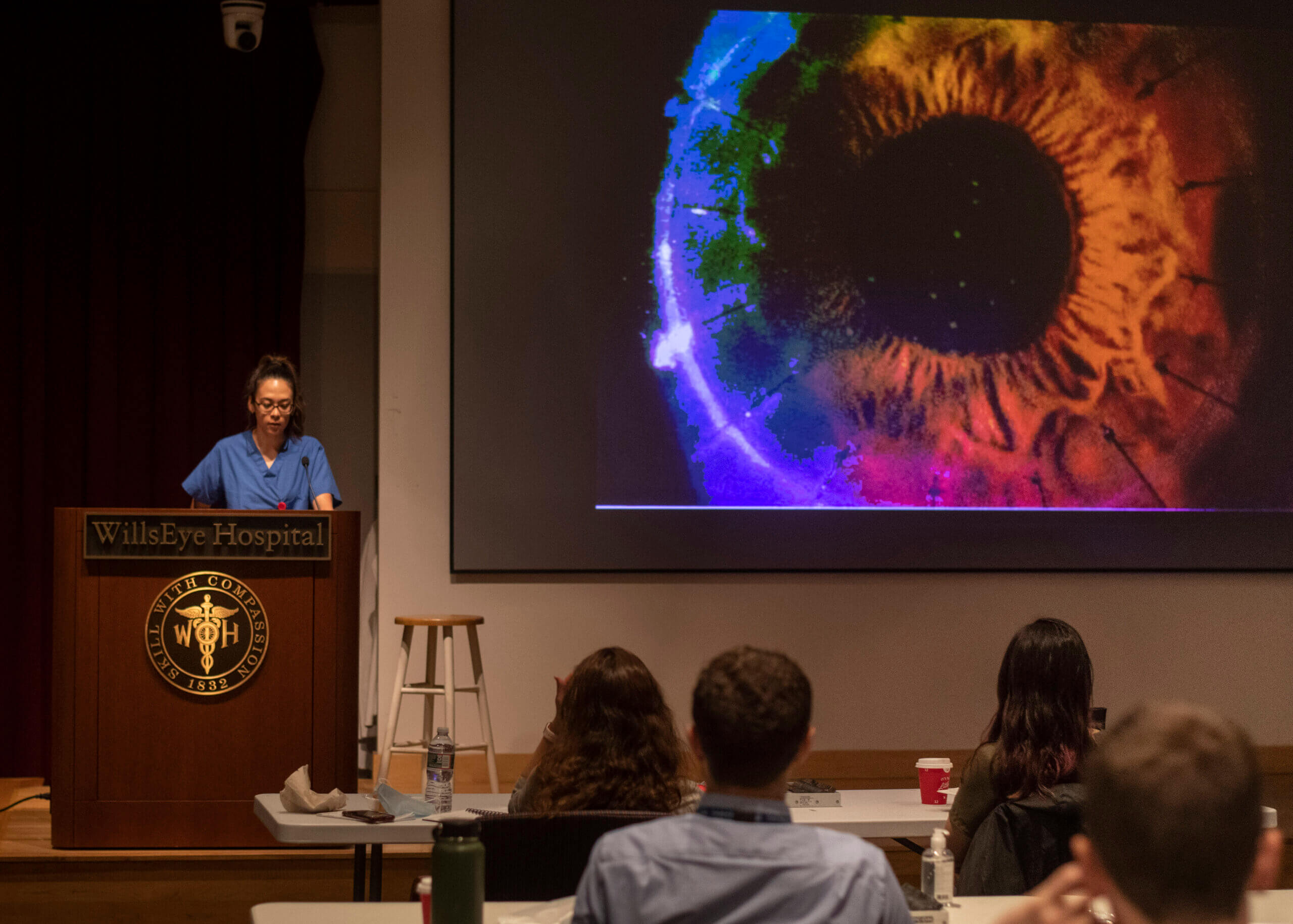
Applications for residency must be submitted through the Central Application Service (CAS) of the San Francisco Matching Program. We do not require additional materials or paperwork. Only applicants who meet the eligibility and selection requirements will be considered.
SF Match will release applications in September 2025 for the class of 2030. Deadline for receipt of materials from CAS is September 5, 2025. After all applications have been reviewed by the entire committee, invitations to interview will be extended in mid-October. Interviews will be held on December 4 and 5, 2025.
For more information on the application process, please email: residencyselection@willseye.org.
How many applications do you receive and what are you looking for in an applicant?
We receive more than 700 applications and carefully review each one. Our Selection Committee is comprised of 19 members, both faculty and residents. With so many talented and impressive individuals, it is an extremely difficult decision. We look for intelligent, compassionate individuals who are team players and eager to learn in a program with a large clinical volume.
Do you have a cut-off for USMLE Step 2 score?
We do not have a minimum USMLE score requirement. We review all applications thoroughly and do not screen applications based upon scores.
Do you have any unfilled positions?
We do not have any vacancies. The best way to find unfilled positions is to contact the San Francisco Match.
Do you consider foreign graduates?
We accept applications from international medical graduates who meet eligibility requirements including GME guidelines and Pennsylvania State Board of Medicine requirements for VISA status and sponsorship during training.
For specific questions, please contact Jefferson's Office of International Affairs.



How many residents are in your program? Currently, we have 24 residents with eight positions offered each year.
What do your graduates do? We aim to equip our residents with the foundation and skills needed to do whatever they choose. Depending upon individual interests and aspirations, each year roughly half our residents enter practice and half pursue subspecialty training. Our graduates have pursued fellowship in every subspecialty, including Cornea, Glaucoma, Global Ophthalmology, Oculoplastics, and Retina, Oculoplastics.
What are your strengths? Some of our greatest strengths include our clinical volume and research, the Eye Emergency Department, and expert faculty in every subspecialty – including Ocular Pathology. We are especially proud of our talented residents who continue the Wills Eye tradition of esprit de corps among faculty, staff, trainees, and support personnel.
What is the schedule for each year?
PGY 2: Residents spend the bulk of their time in general clinics, the Emergency Room, Pathology, Neuro-Ophthalmology Service, and the Oculoplastics Service. First-years perform minor procedures and lasers as well as extraocular surgery including enucleations/eviscerations and muscle surgeries. They also rotate through each of the major subspecialty Services.
PGY 3: Residents spend more time in the subspecialty Services with increased responsibility for patient care and teaching. They are primarily responsible for the emergency room both during the day and overnight and for inpatient consults at Thomas Jefferson University Hospital. Second-years perform cataract surgery and more complicated lasers and minor procedures.
PGY 4: Residents function with increased responsibility in the general and subspecialty clinics and perform all types of ocular surgery. Every case is directly supervised; in a supportive learning environment, residents develop skills and confidence so they can perform surgery competently and independently.
What is a resident's pay and what benefits are available?
House Staff Stipends: click here.
Benefits: click here.
What are the didactic sessions like? We host a robust series of didactic lectures, case presentations, and surgical conferences. The Academic Calendar outlines educational sessions offered throughout the year. The Professional Monthly Bulletin lists specific activities for each day of the month.
Do you have an OKAP review course? Yes. Residents have full access to the Annual Wills Review Course and are provided the BCSC series as well as question banks from AAO and OphthoQuestions.
Do you have an Ophthalmic library? Yes. Residents have 24/7 access to the Charles D. Kelman Library at Wills Eye, and the Scott Memorial Library at Jefferson.
Do you have a wet lab for residents to practice? Yes. Our residents have both wetlab and drylab practice opportunities. Each year, our faculty organize microsurgical, phacoemulsification, orbital dissection, suturing and subspecialty surgical courses and labs. In addition, residents work with faculty surgical mentors and have 24/7 access to a state-of-the-art practice lab. It contains the same equipment we use in the Operating Room.
Are residents required to perform research? Yes. Dr Gadi Wollstein is spearheading a formal research curriculum beginning with the class of 2029 in the PGY1 year. Each resident will select a mentor and project with expectation of completing and presenting a publication quality paper during training. The research costs as well as meeting travel for first author presentations is funded.

Residency Program Leadership
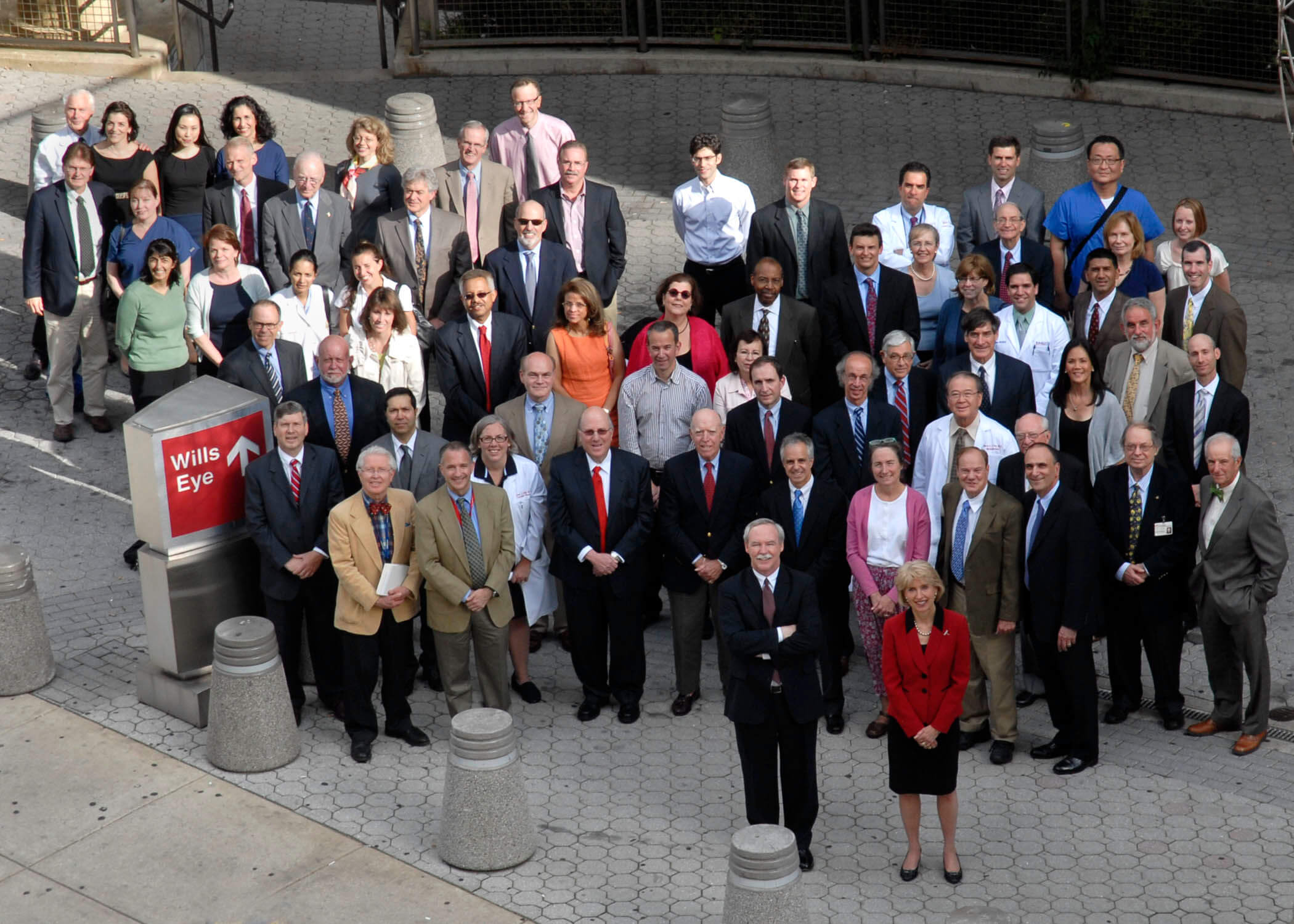
Medical Staff

Research at Wills Eye
View this profile on InstagramWills Eye Residents (@willseyeresidents) • Instagram photos and videos

RESIDENCY SELECTION COMMITTEE
A selection committee reviews all applicants, selects applicants for interview, participates in the interview process and in the final choice of applicants. Click here to view the Committee members.
